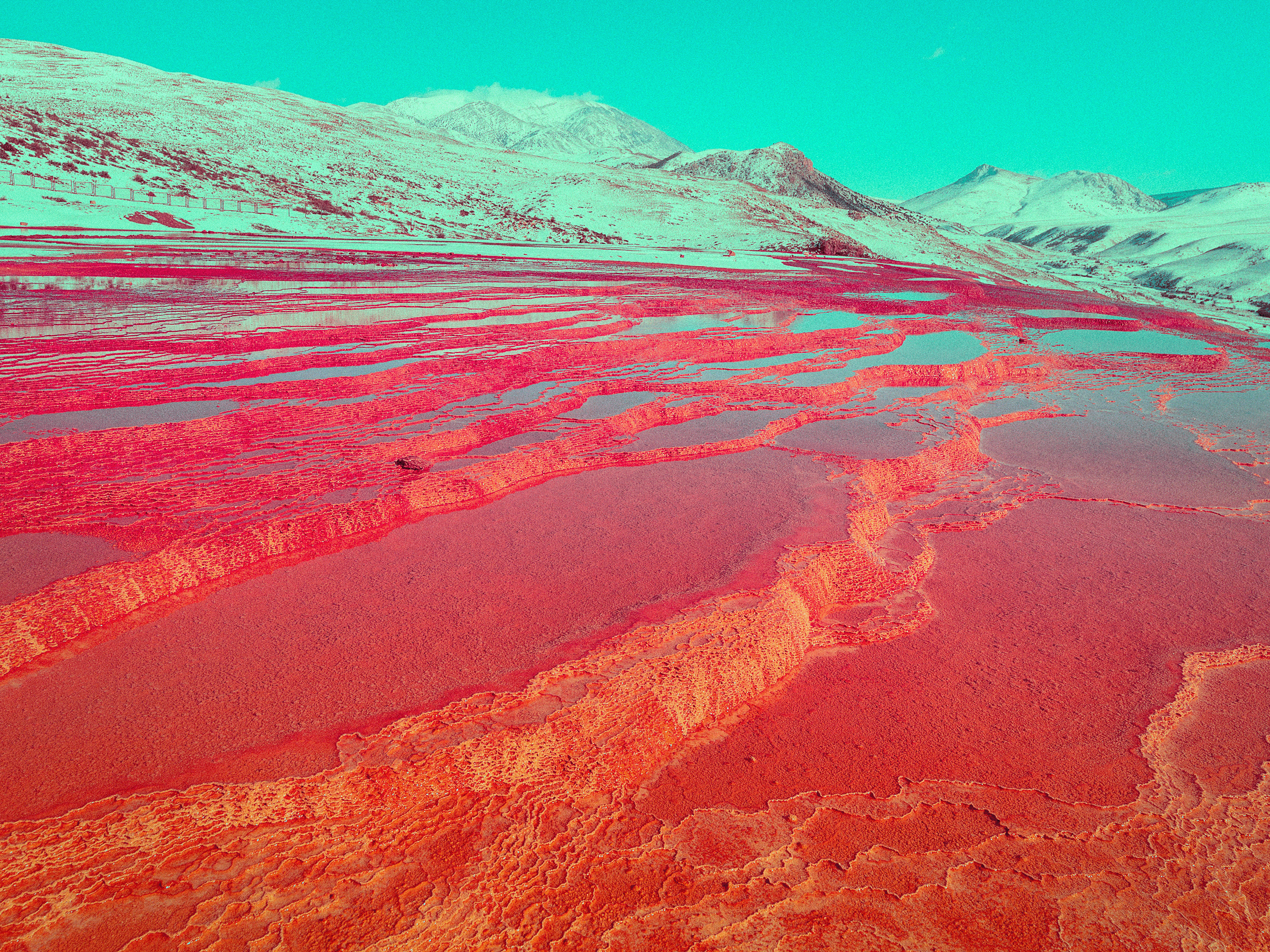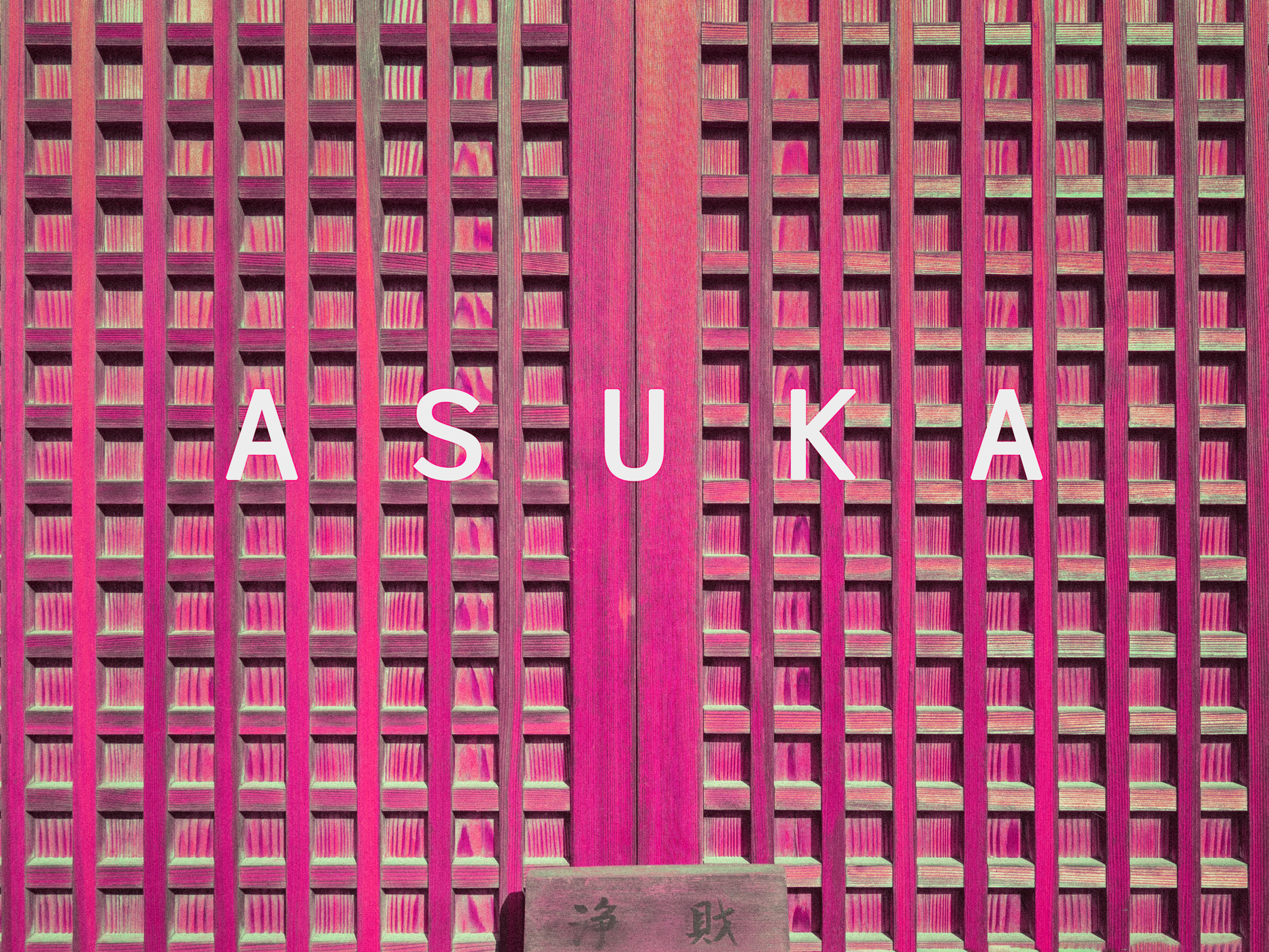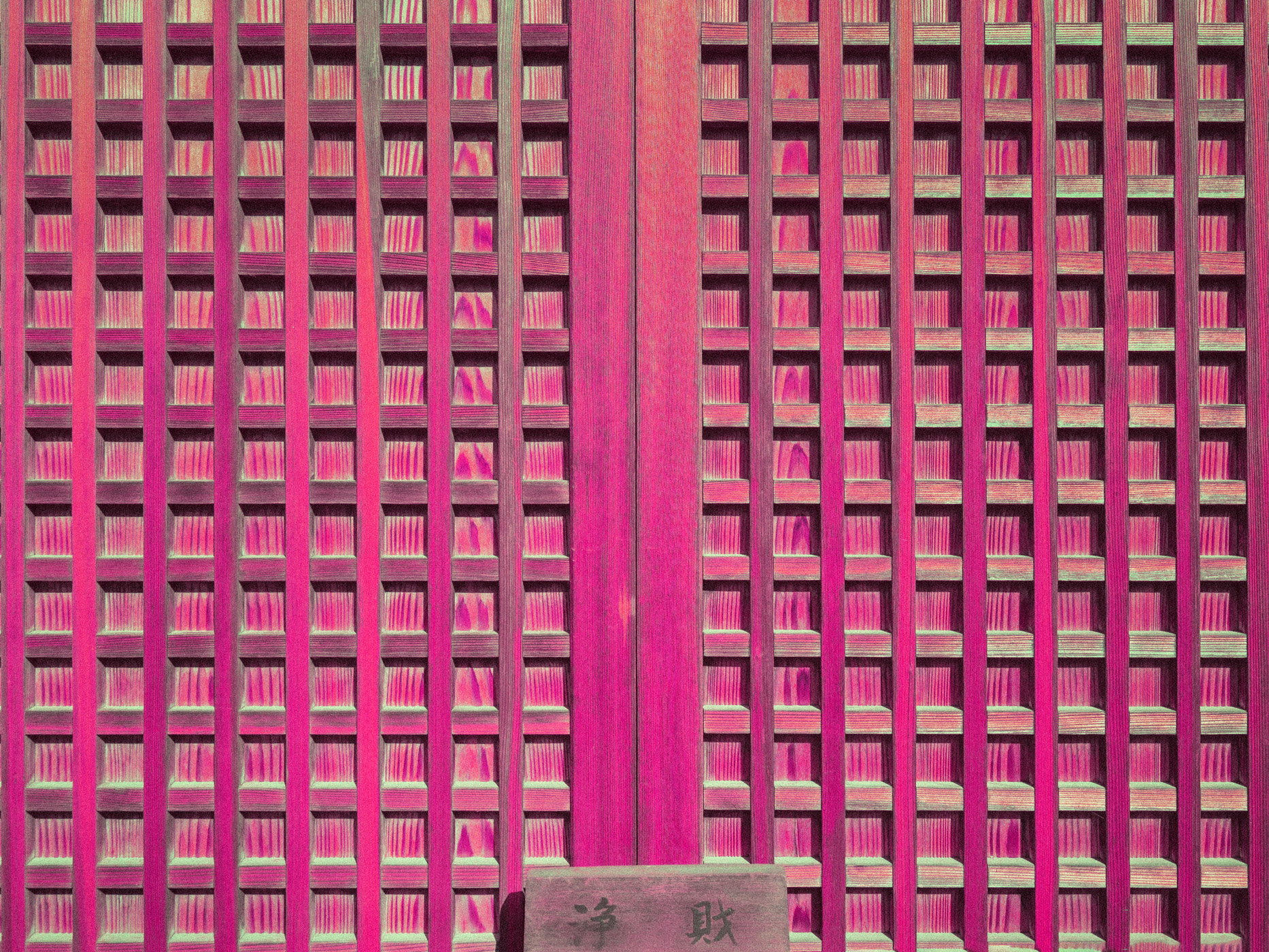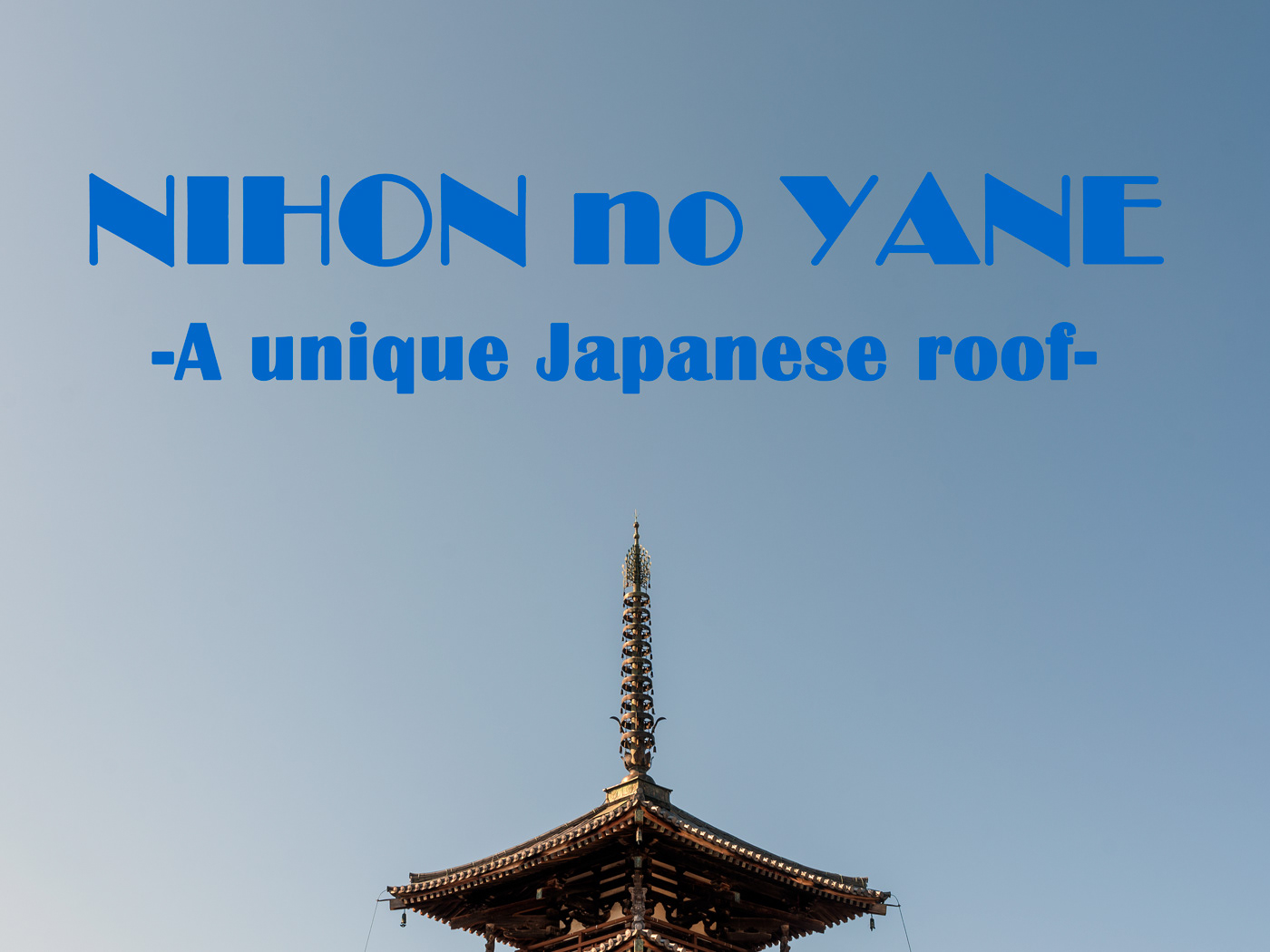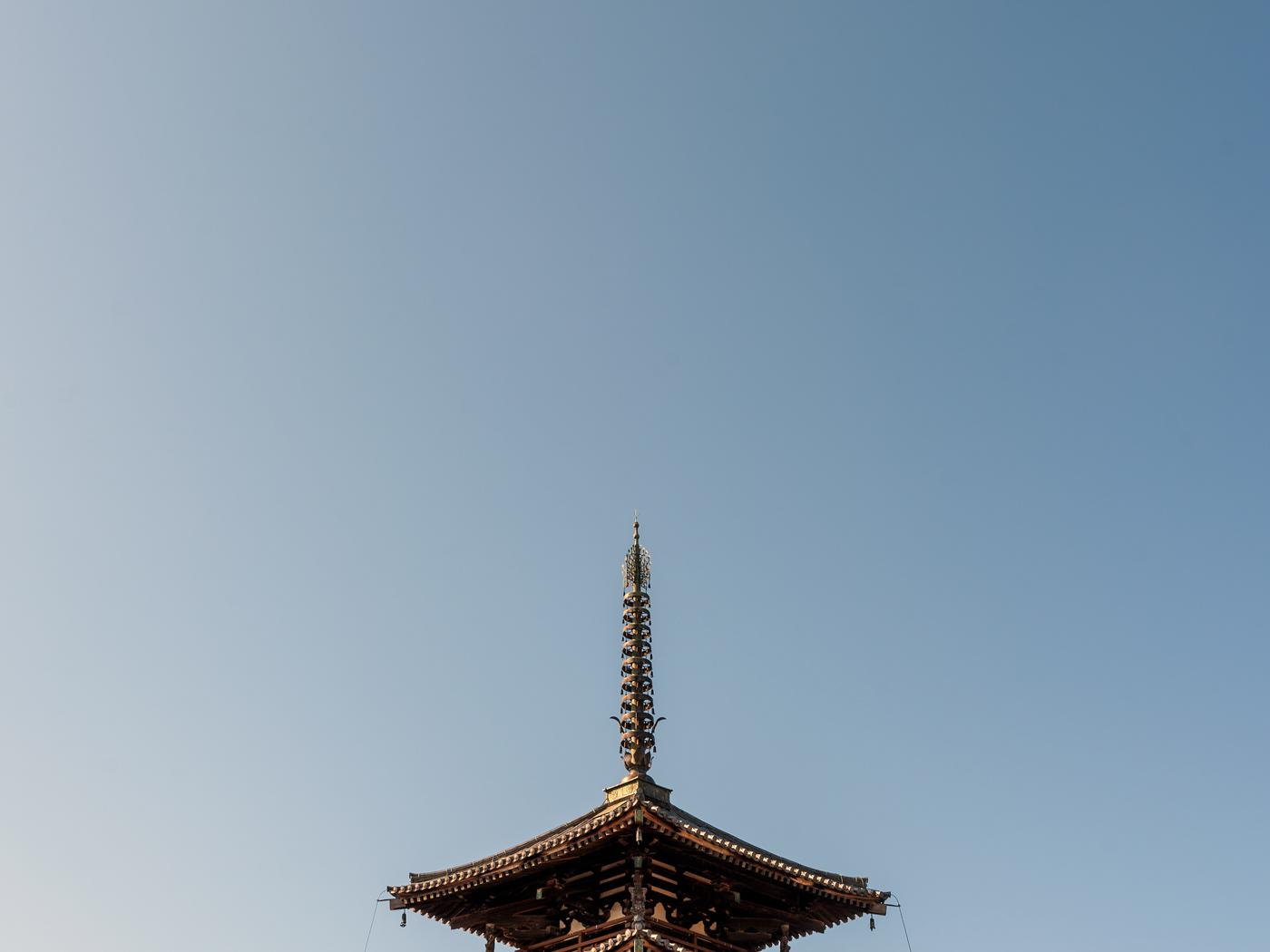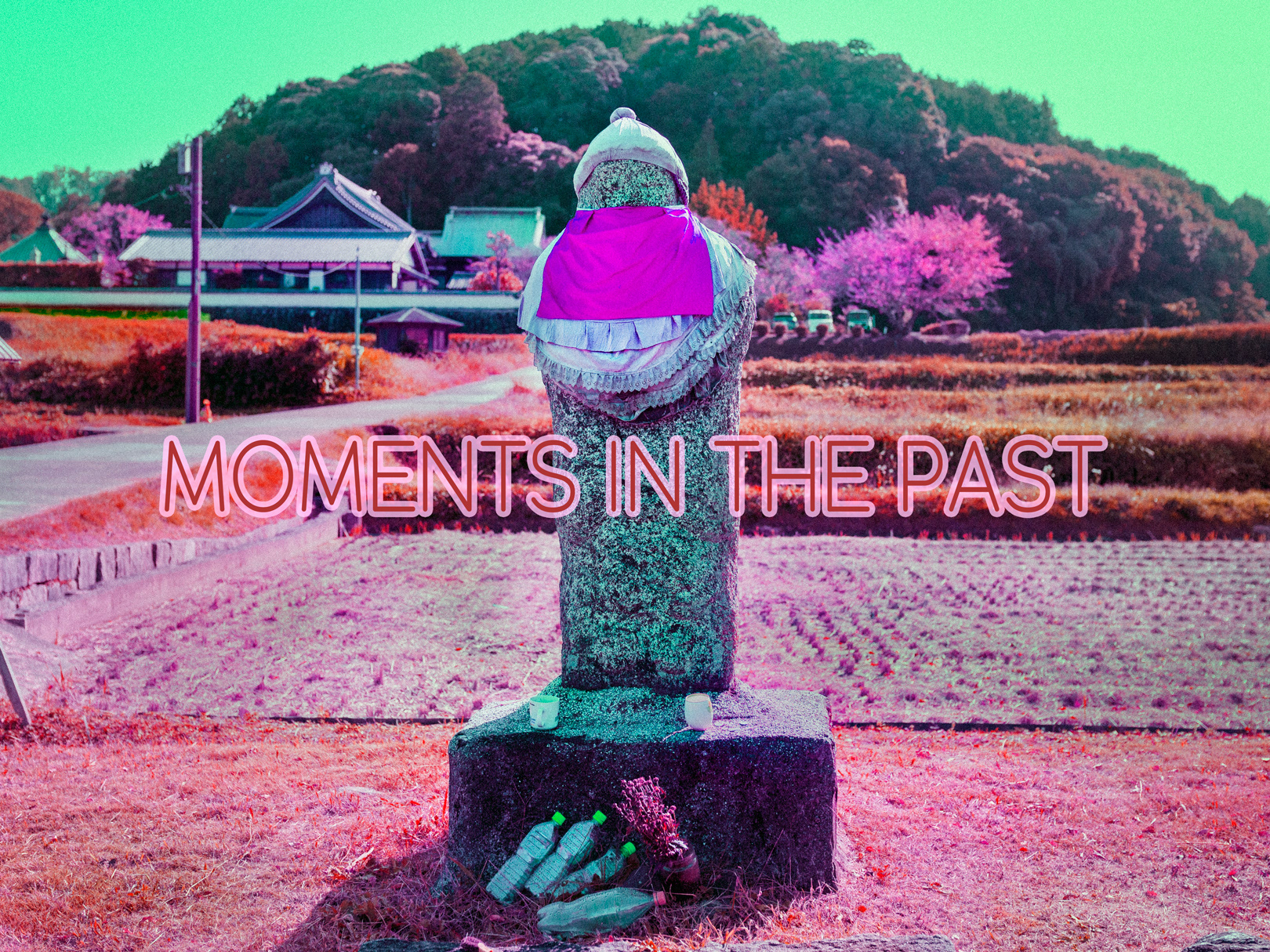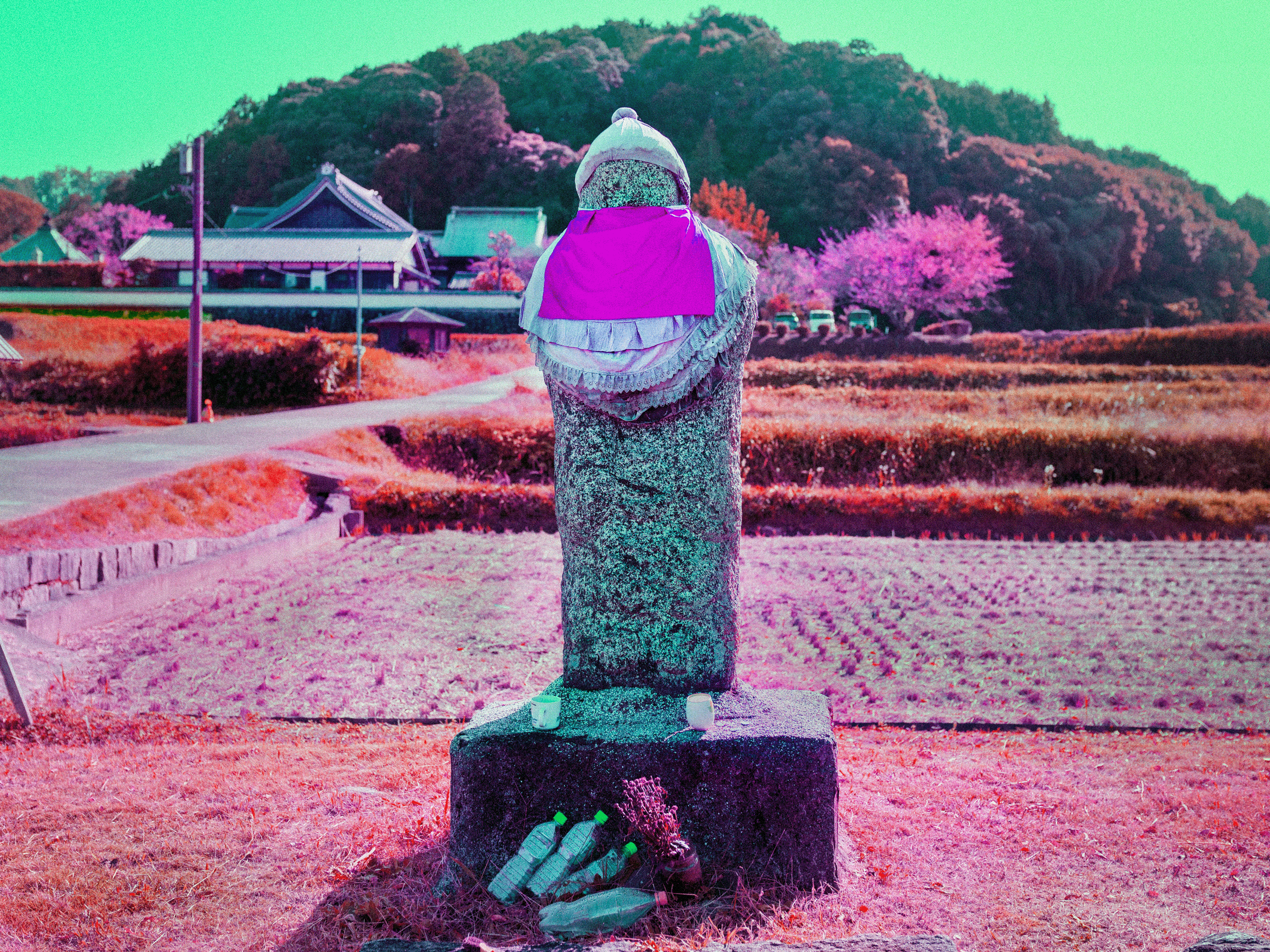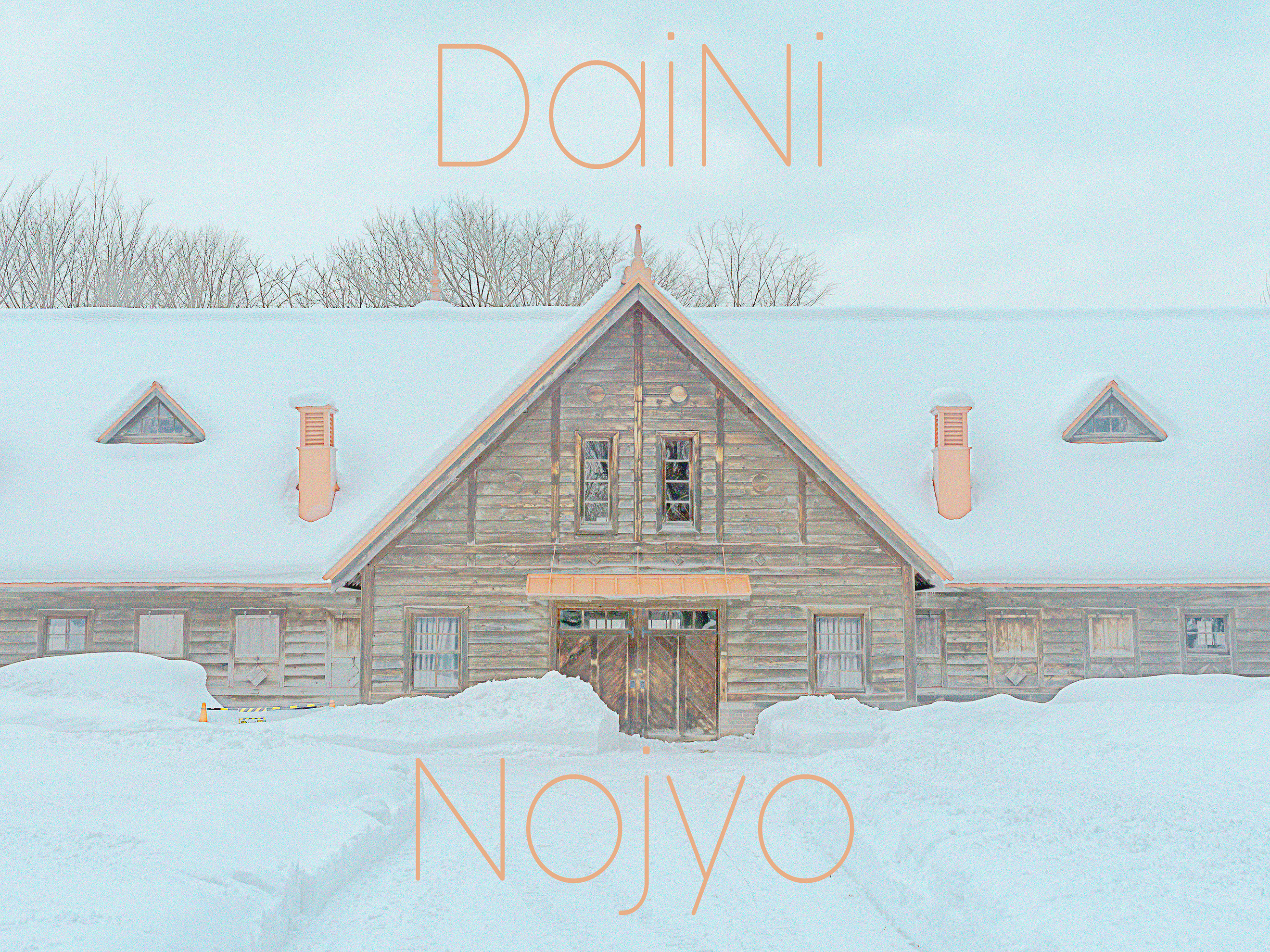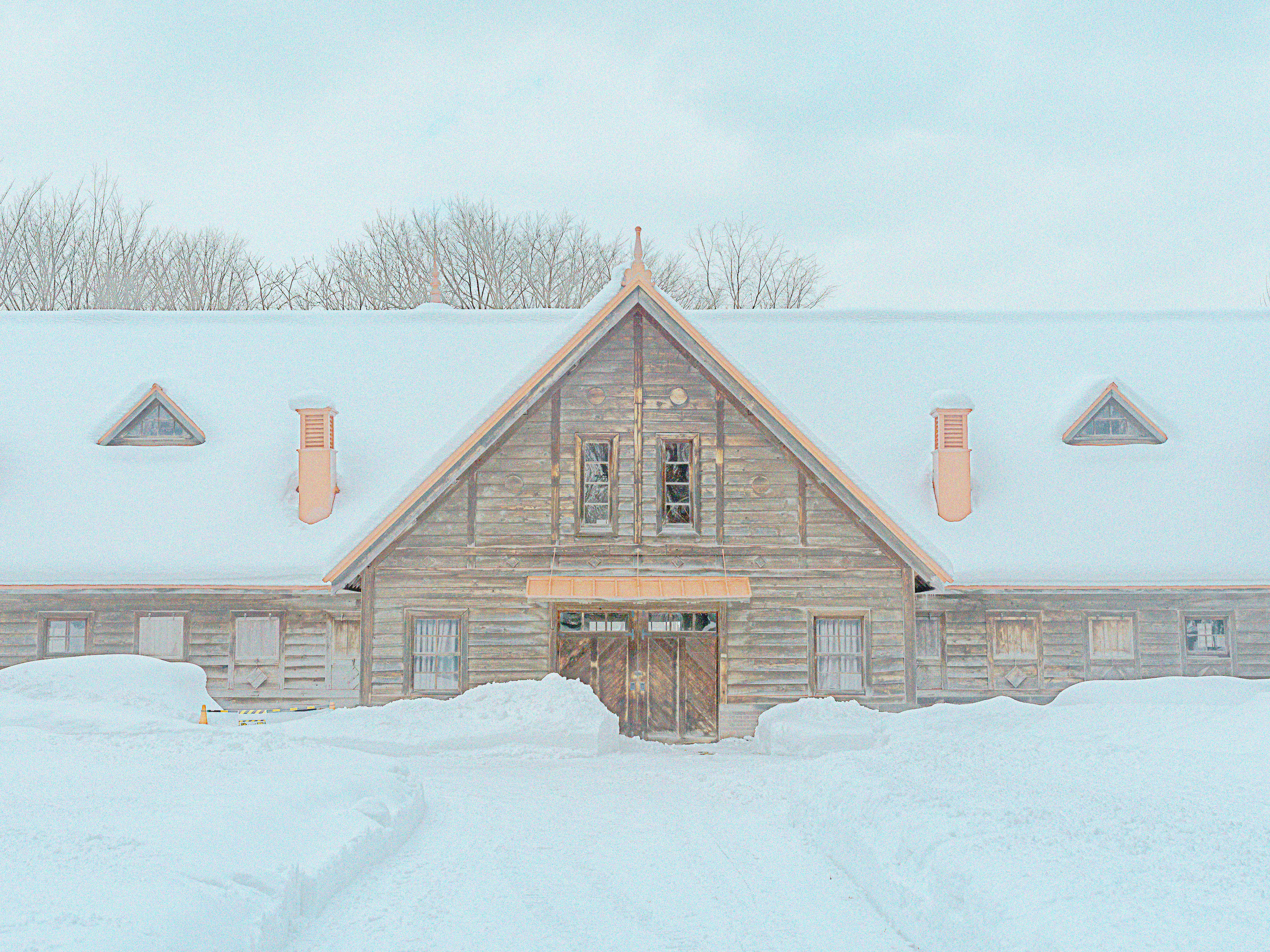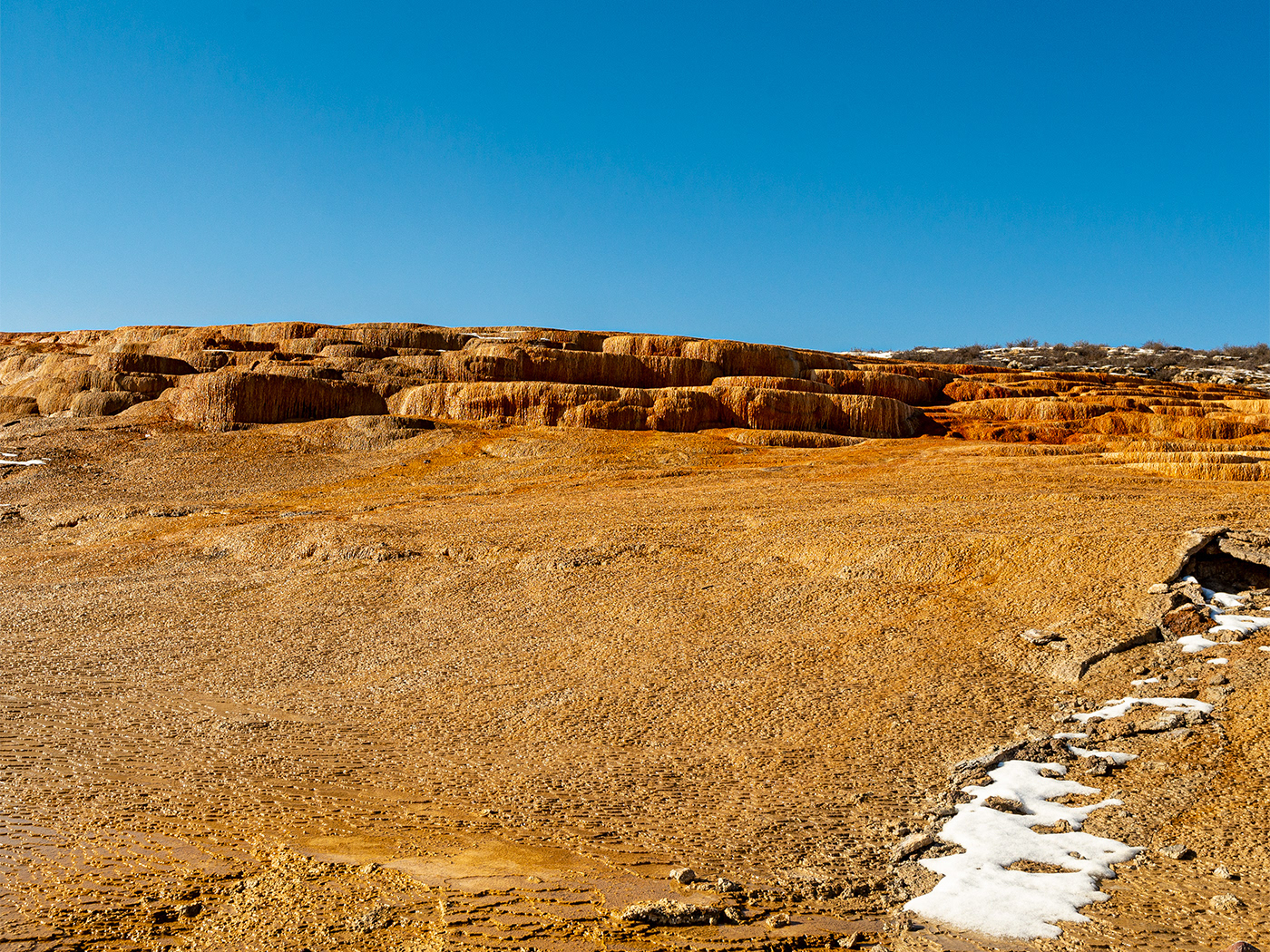Exhibition introduction
To convey the Japanese paper culture of Minato paper (湊紙/Minato-gami : Japanese paper called "和紙/Washi") used in tearooms (茶室/Chashitsu), this exhibition introduces photographs of the Silk Road with the Wabi-Sabi theme. A large amount of Japanese paper is used in Japanese tearooms. In particular, the Minato-gami pasted on the waist wall of the guest room in Japanese tearooms was made in the Minato region of Sakai city, Osaka, Japan in ancient times; therefore it continues to be known as Minato-gami. Hanging scrolls, scroll books, and framed photographic works using Minato-gami will be displayed in the Japanese tearoom for exhibition.
To convey the Japanese paper culture of Minato paper (湊紙/Minato-gami : Japanese paper called "和紙/Washi") used in tearooms (茶室/Chashitsu), this exhibition introduces photographs of the Silk Road with the Wabi-Sabi theme. A large amount of Japanese paper is used in Japanese tearooms. In particular, the Minato-gami pasted on the waist wall of the guest room in Japanese tearooms was made in the Minato region of Sakai city, Osaka, Japan in ancient times; therefore it continues to be known as Minato-gami. Hanging scrolls, scroll books, and framed photographic works using Minato-gami will be displayed in the Japanese tearoom for exhibition.

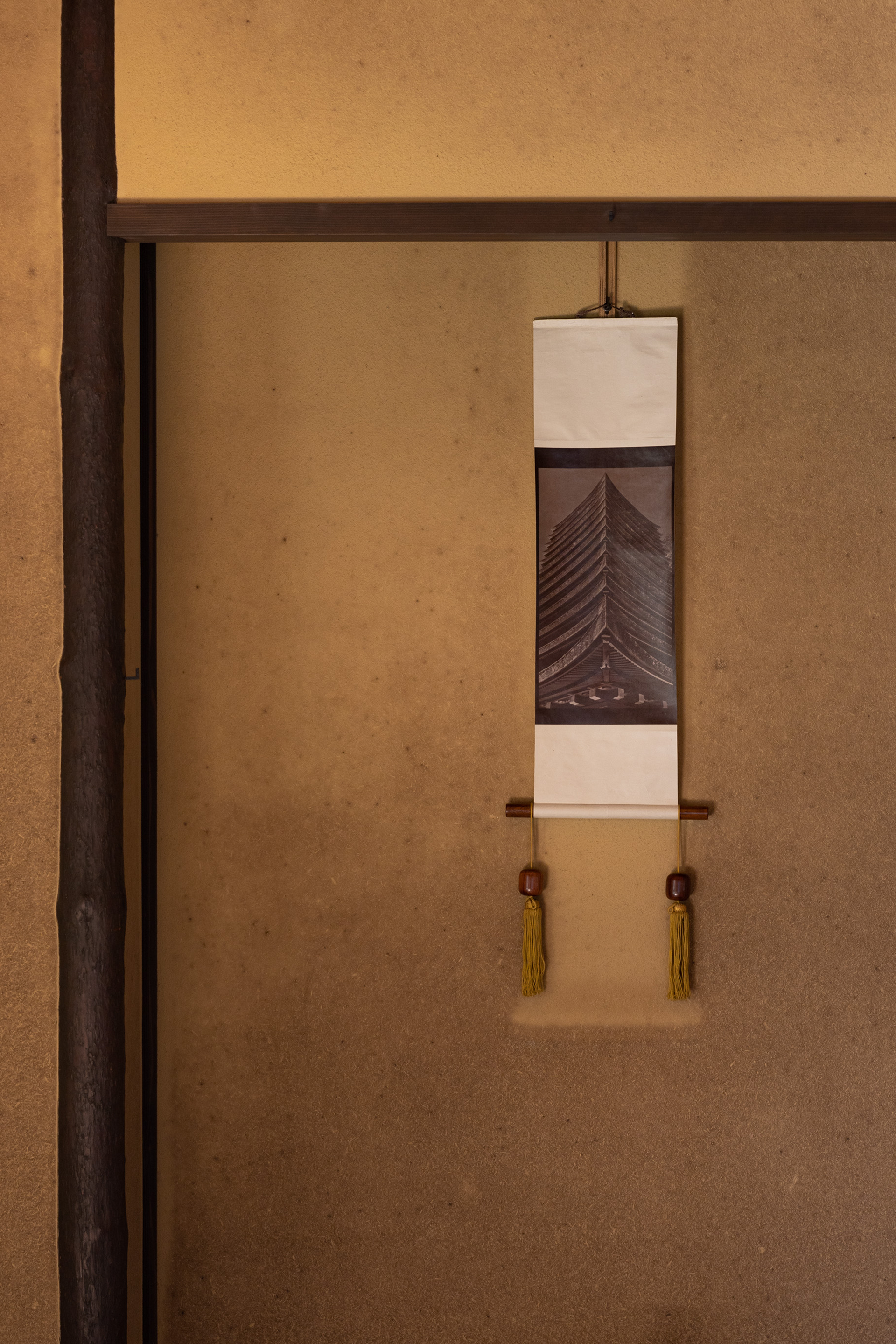
和紙の侘び / "Washi" apology
Can we appreciate the beauty of lack in this modern age where all kinds of things and information are within our reach? A long time ago, Japanese developed Washi from China using unique Japanese materials and manufacturing methods. Washi made from plant fibers may be imperfect for modern printed matter. However, if we observe the lack between each other, we can sense the apology looking to find fulfillment in the heart from the insufficiency.
In the exhibition of Washi, Wabi is expressed in the photographic works on Japanese paper culture using Minato-gami created in Minato village in Sakai city, Osaka, Japan.
Can we appreciate the beauty of lack in this modern age where all kinds of things and information are within our reach? A long time ago, Japanese developed Washi from China using unique Japanese materials and manufacturing methods. Washi made from plant fibers may be imperfect for modern printed matter. However, if we observe the lack between each other, we can sense the apology looking to find fulfillment in the heart from the insufficiency.
In the exhibition of Washi, Wabi is expressed in the photographic works on Japanese paper culture using Minato-gami created in Minato village in Sakai city, Osaka, Japan.
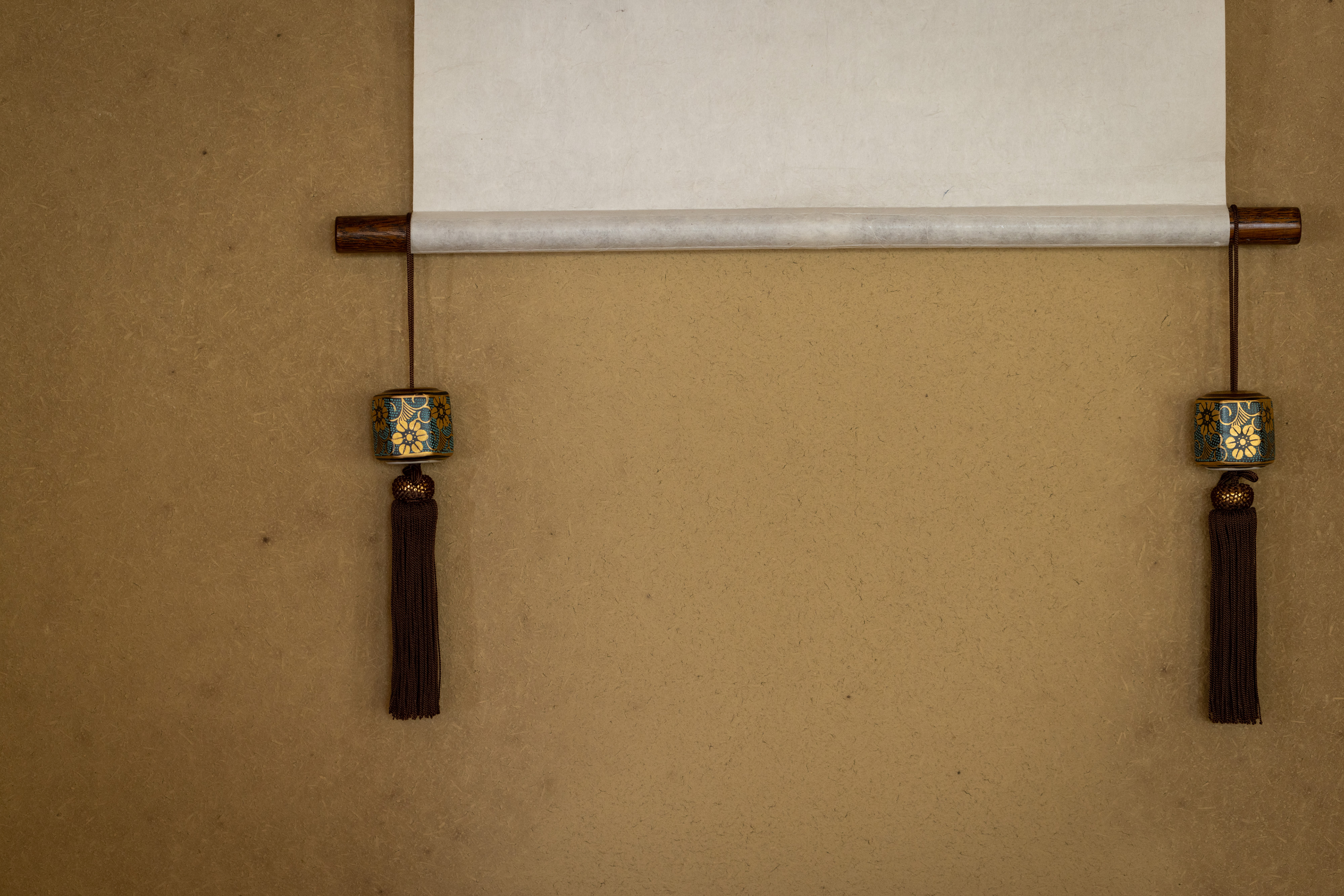
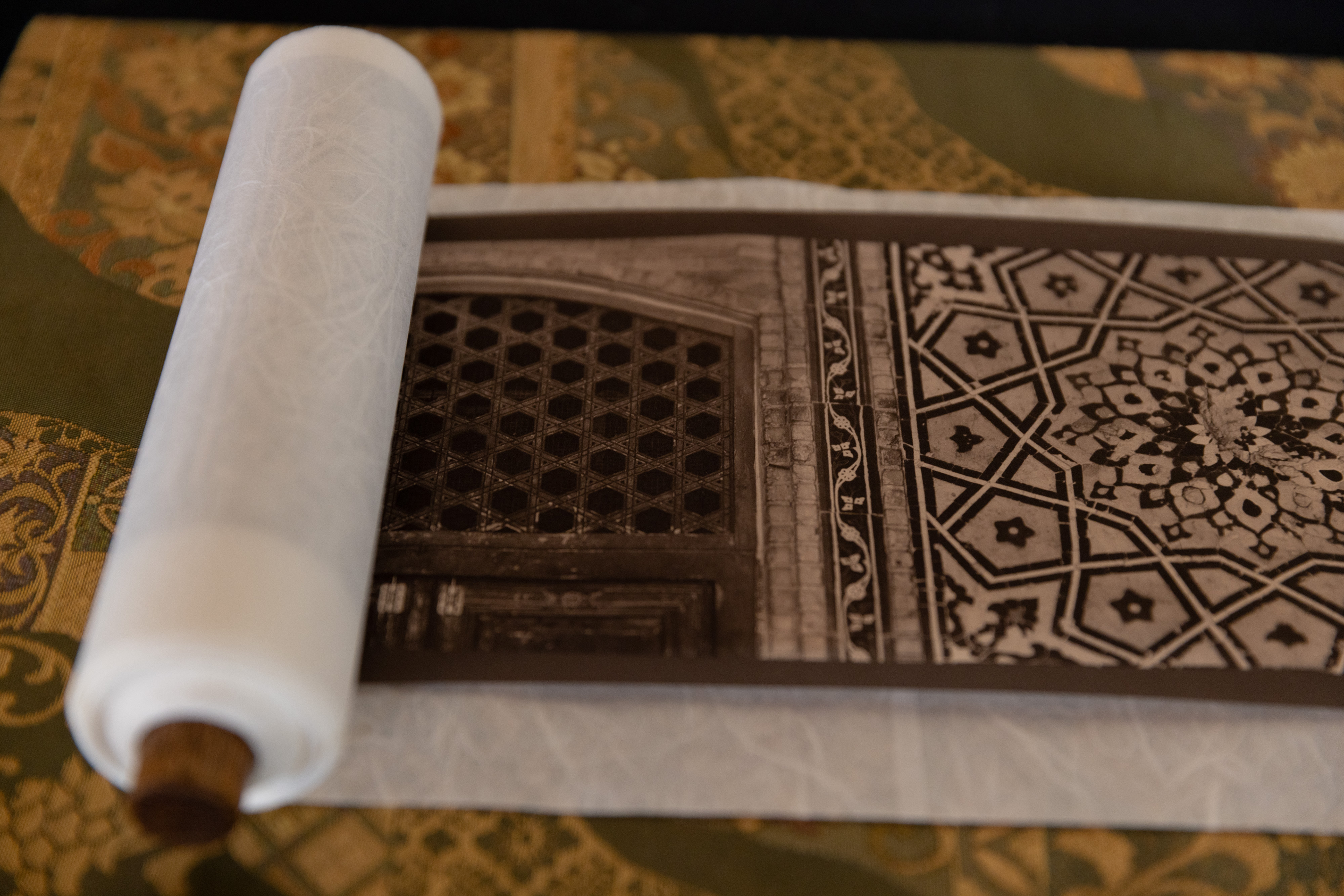
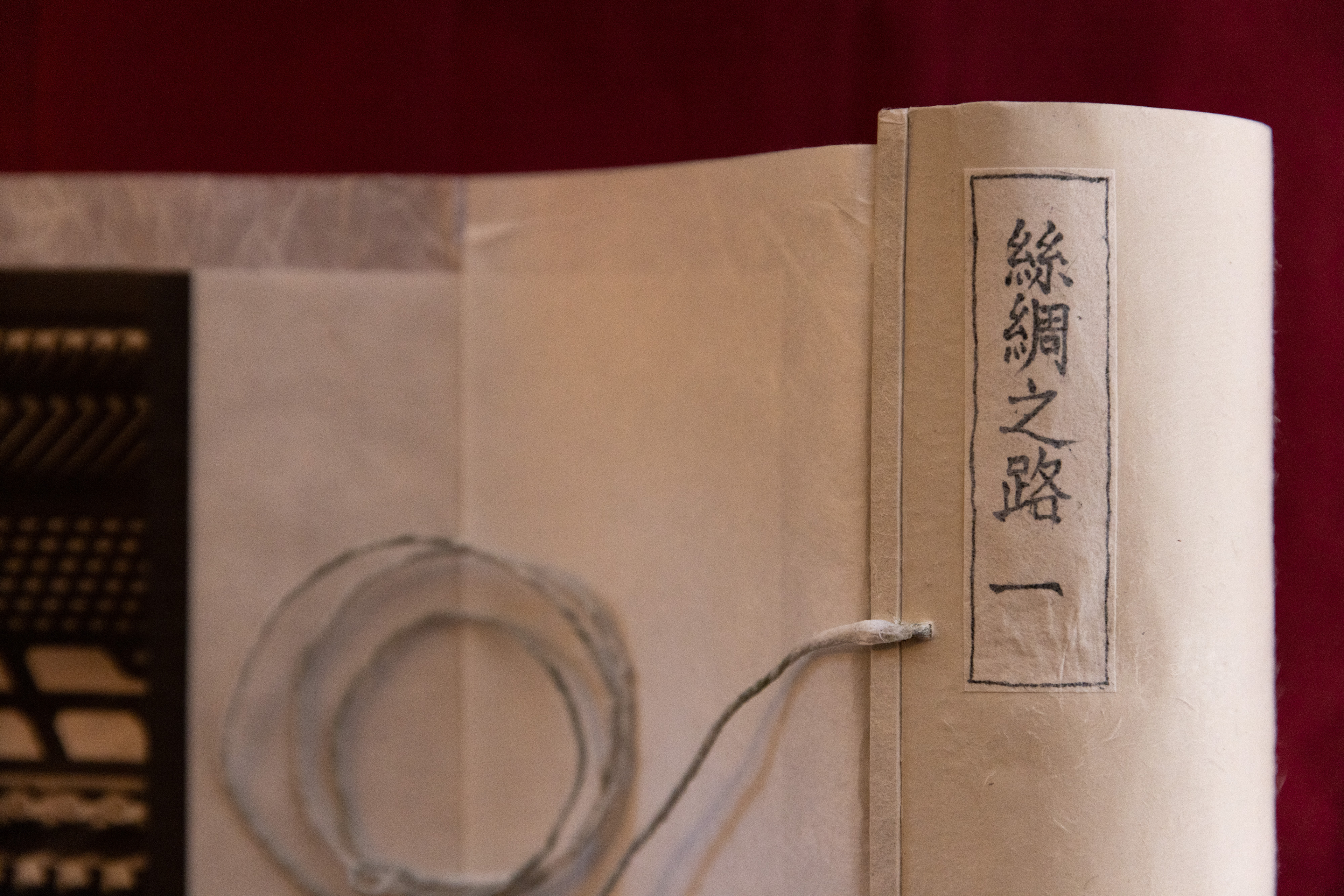
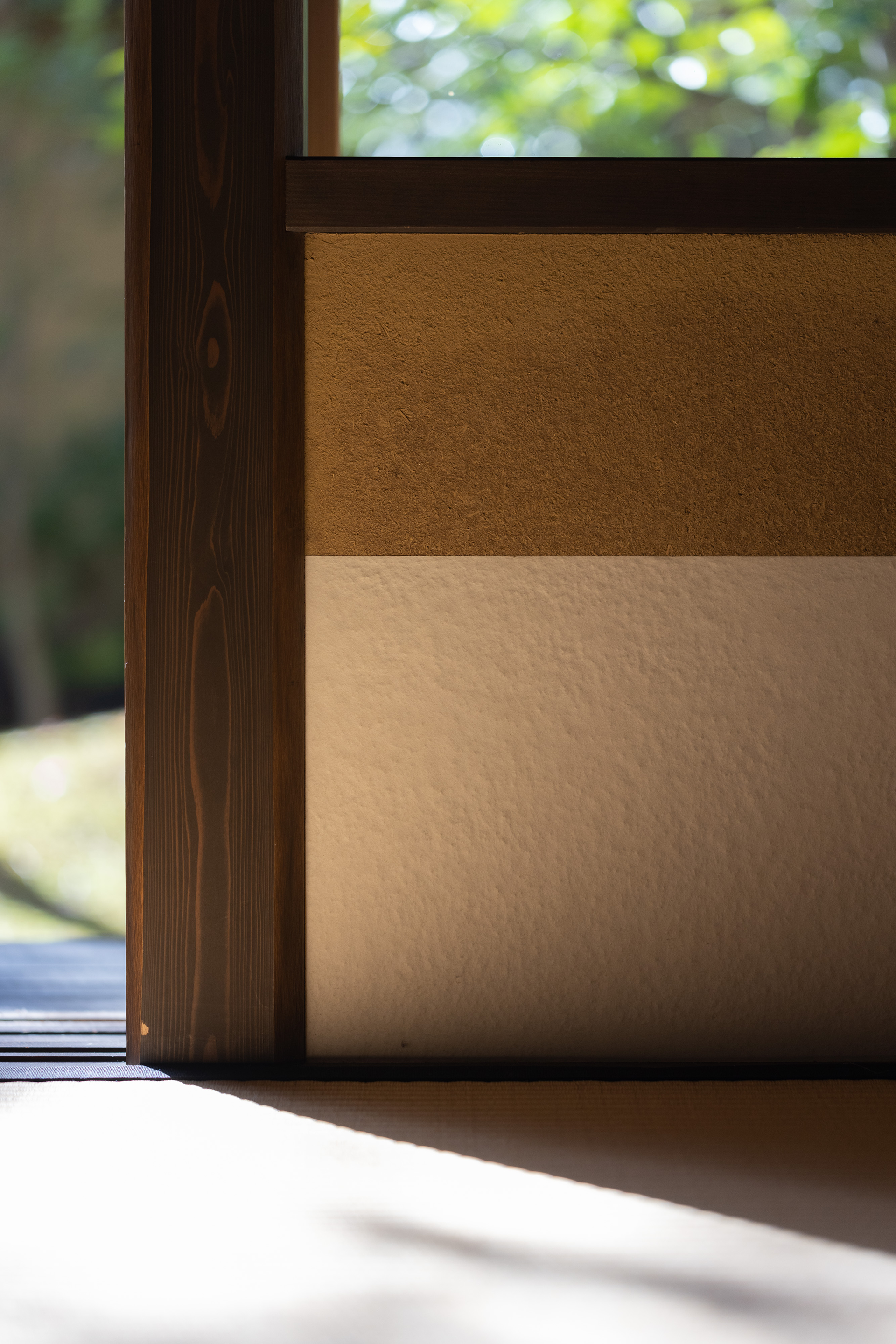
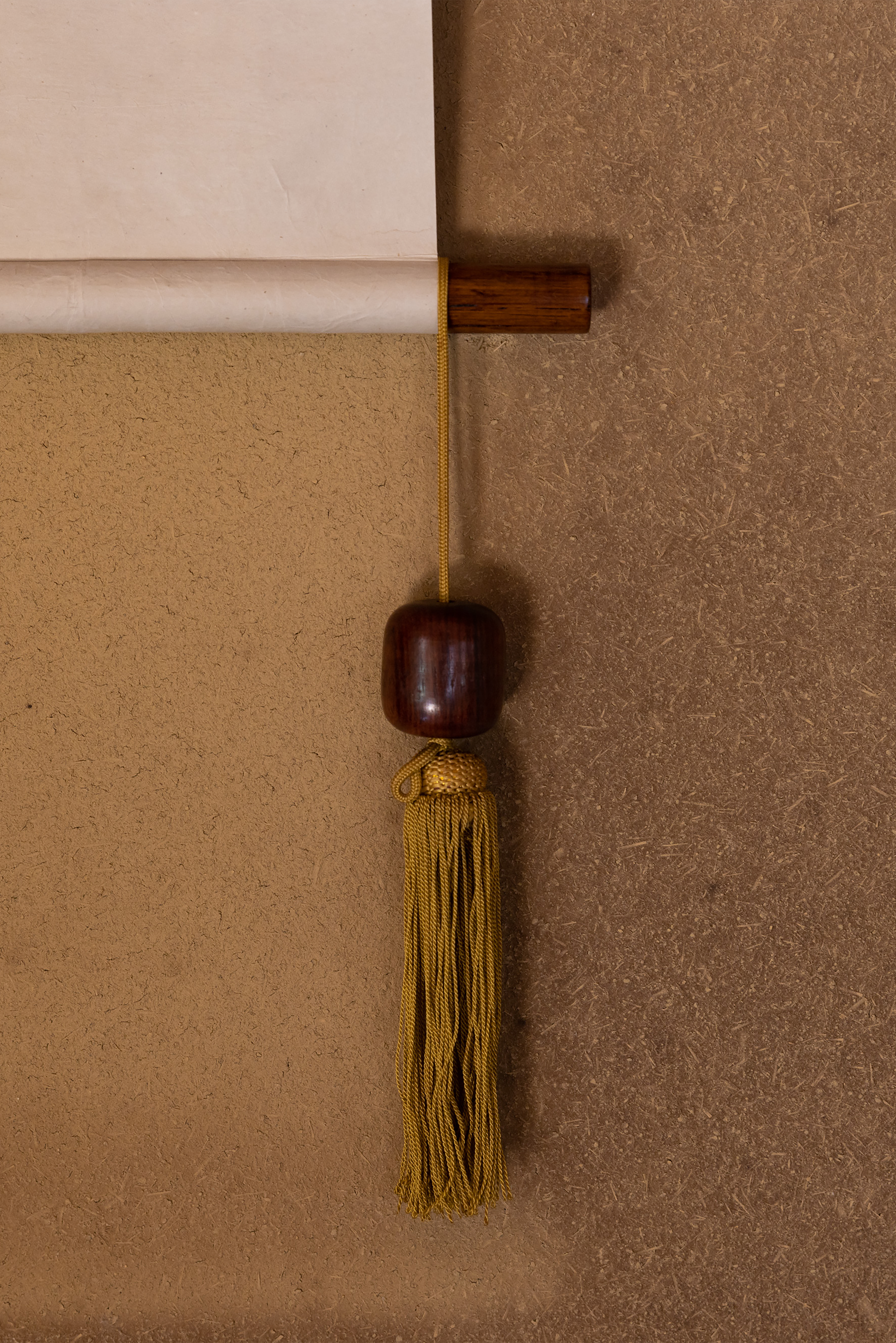

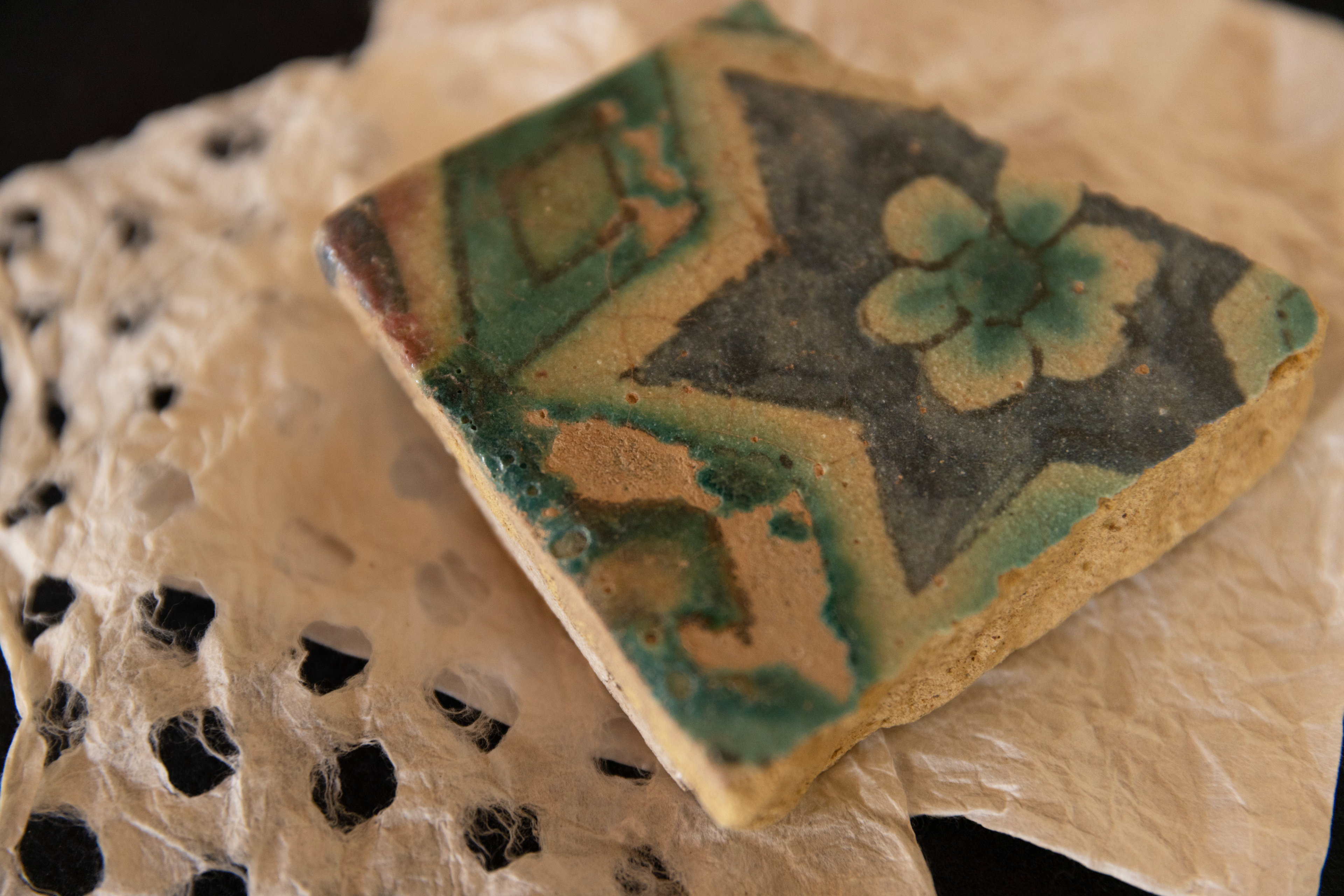
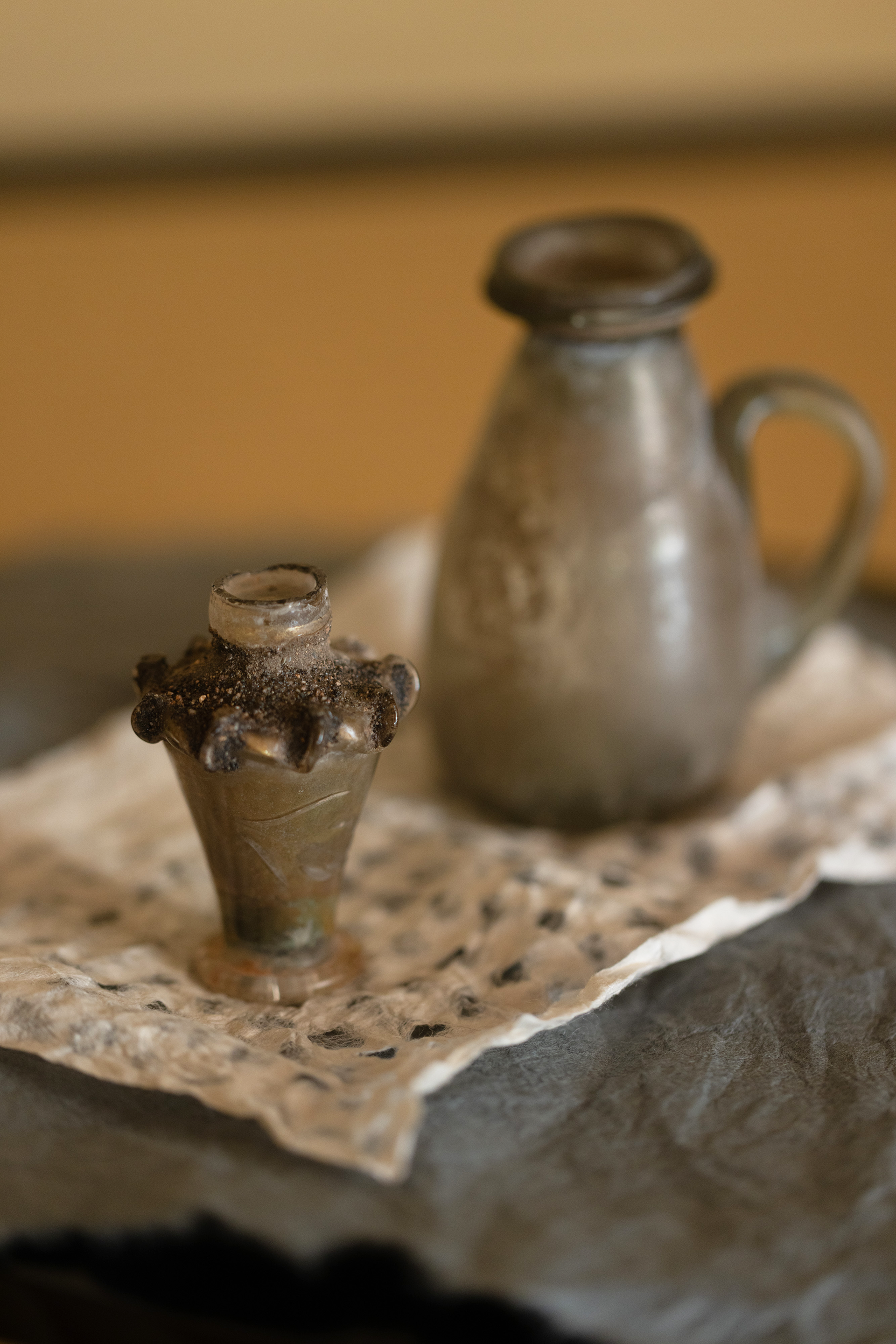
写真の寂び / The loneliness of "photographs"
From analog to digital, how has photographic expression changed in recent years? In an era where AI can automatically create photos that we favor using big data, what we convey and feel through photos have changed significantly. When the contradictory media of digital, which is converted into electronic data, and analog, which deteriorates with the passage of time, merge in one world, you can find the loneliness that changes while shifting.
In the themed photography exhibition, the Silk Road (an ancient trade route linking east and west in the Eurasian) is expressed through photographic works using digital and analog techniques.
From analog to digital, how has photographic expression changed in recent years? In an era where AI can automatically create photos that we favor using big data, what we convey and feel through photos have changed significantly. When the contradictory media of digital, which is converted into electronic data, and analog, which deteriorates with the passage of time, merge in one world, you can find the loneliness that changes while shifting.
In the themed photography exhibition, the Silk Road (an ancient trade route linking east and west in the Eurasian) is expressed through photographic works using digital and analog techniques.
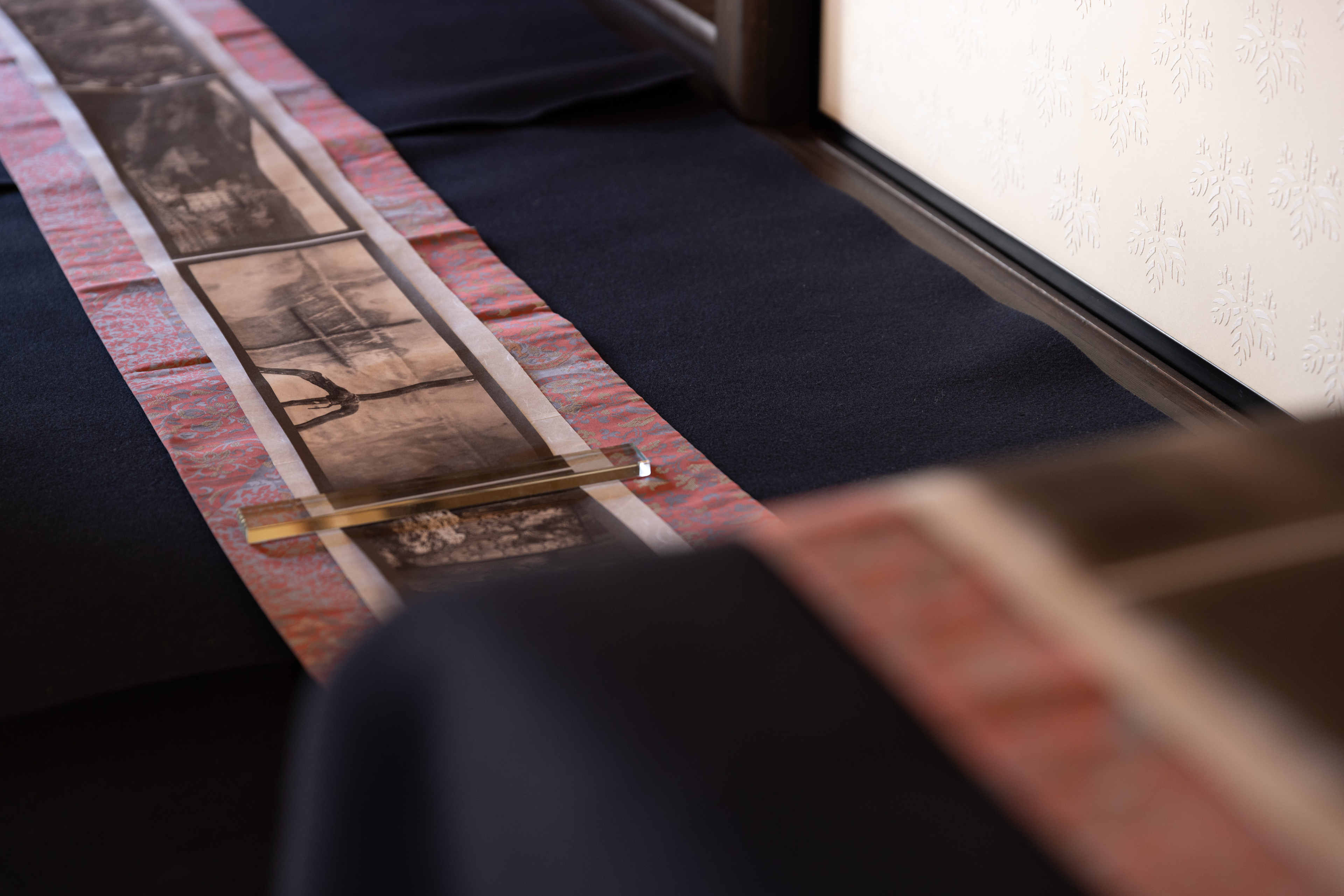
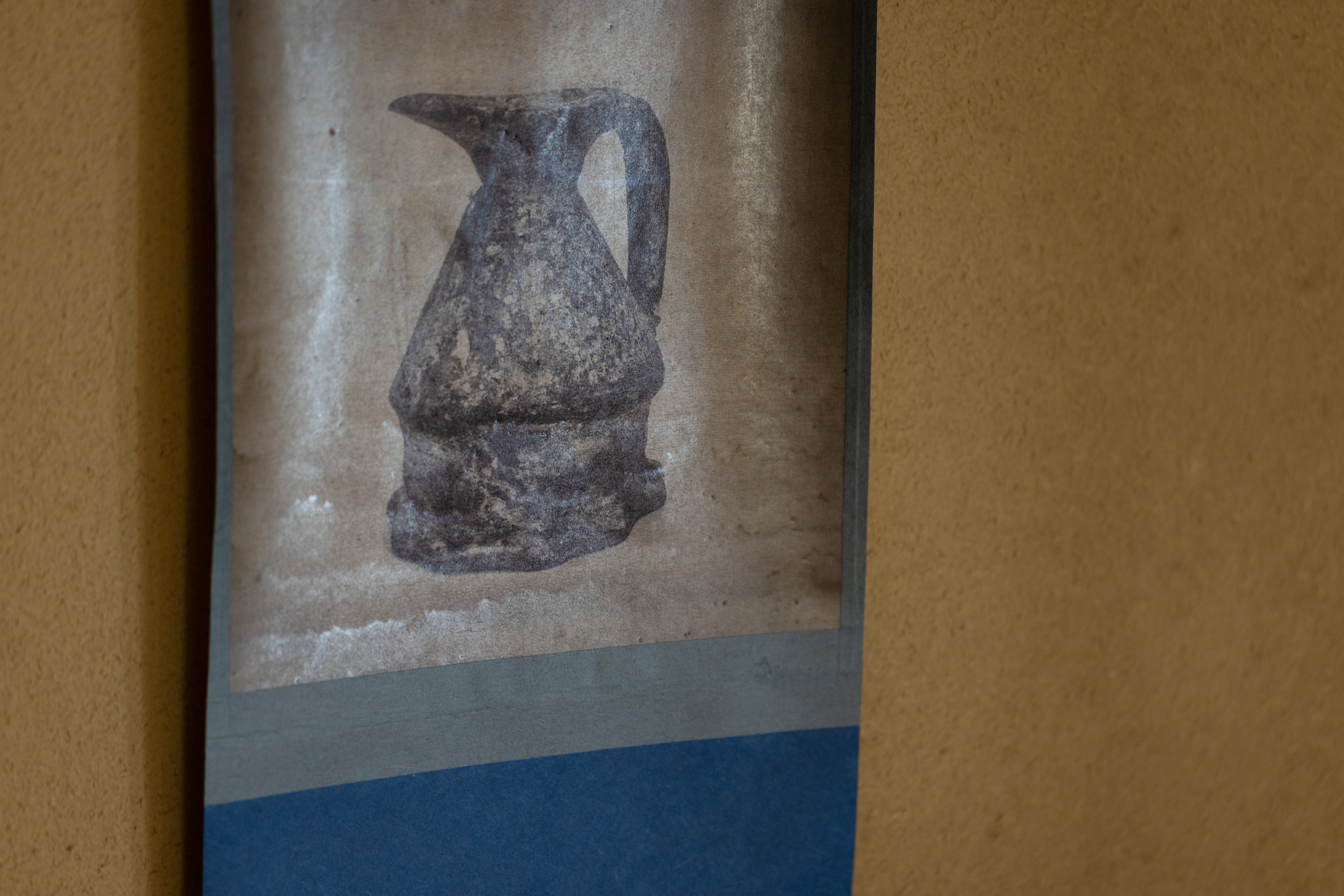
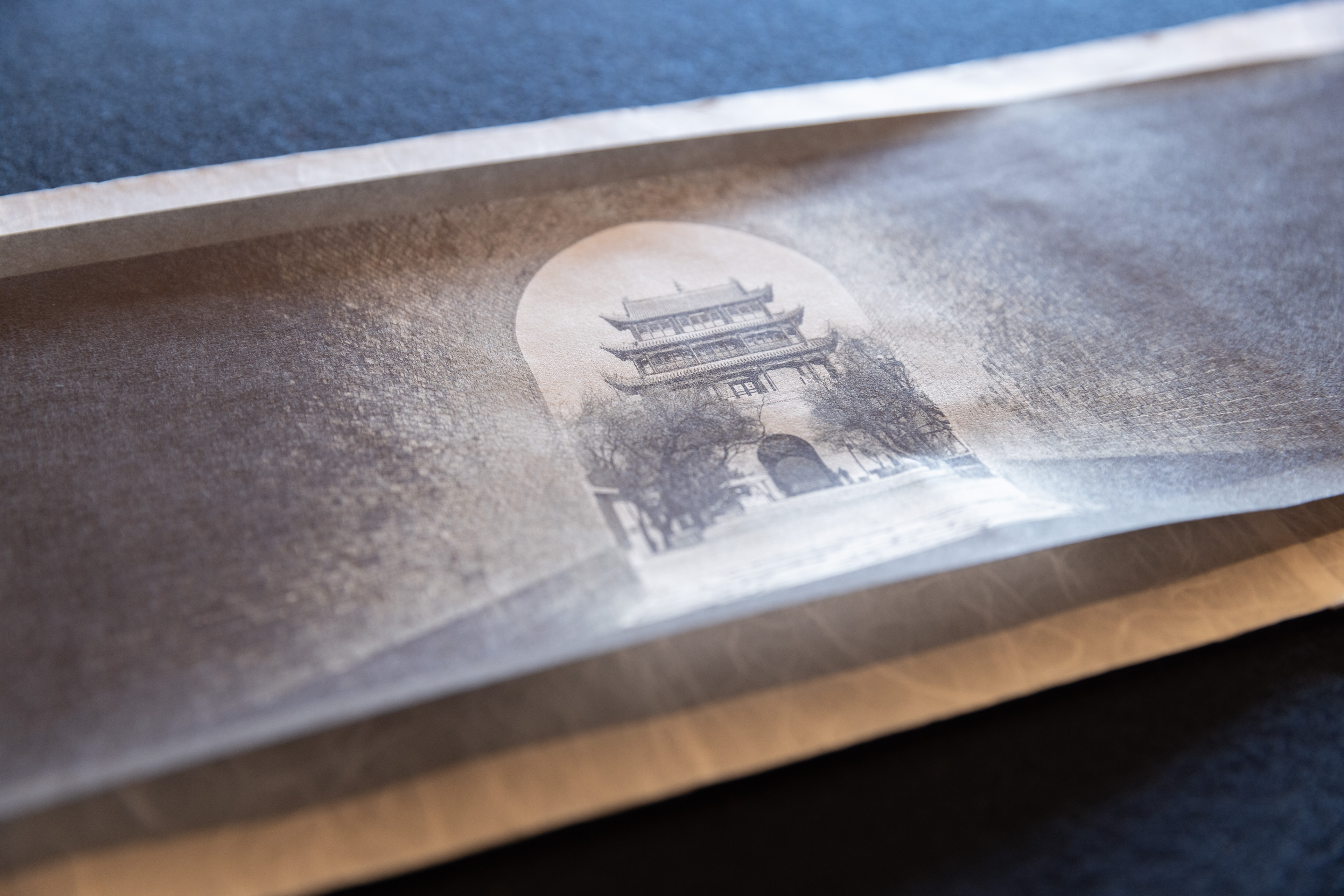
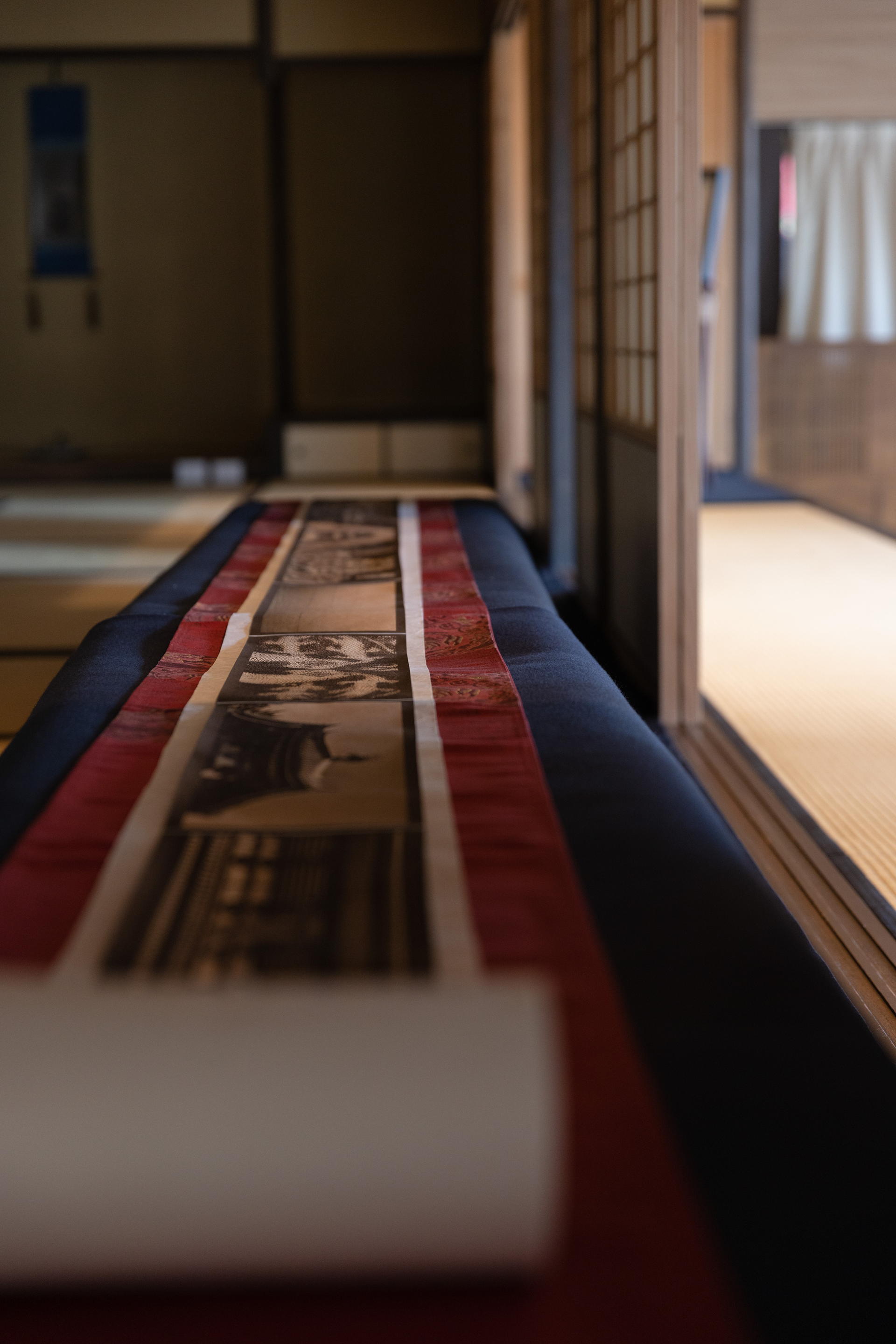
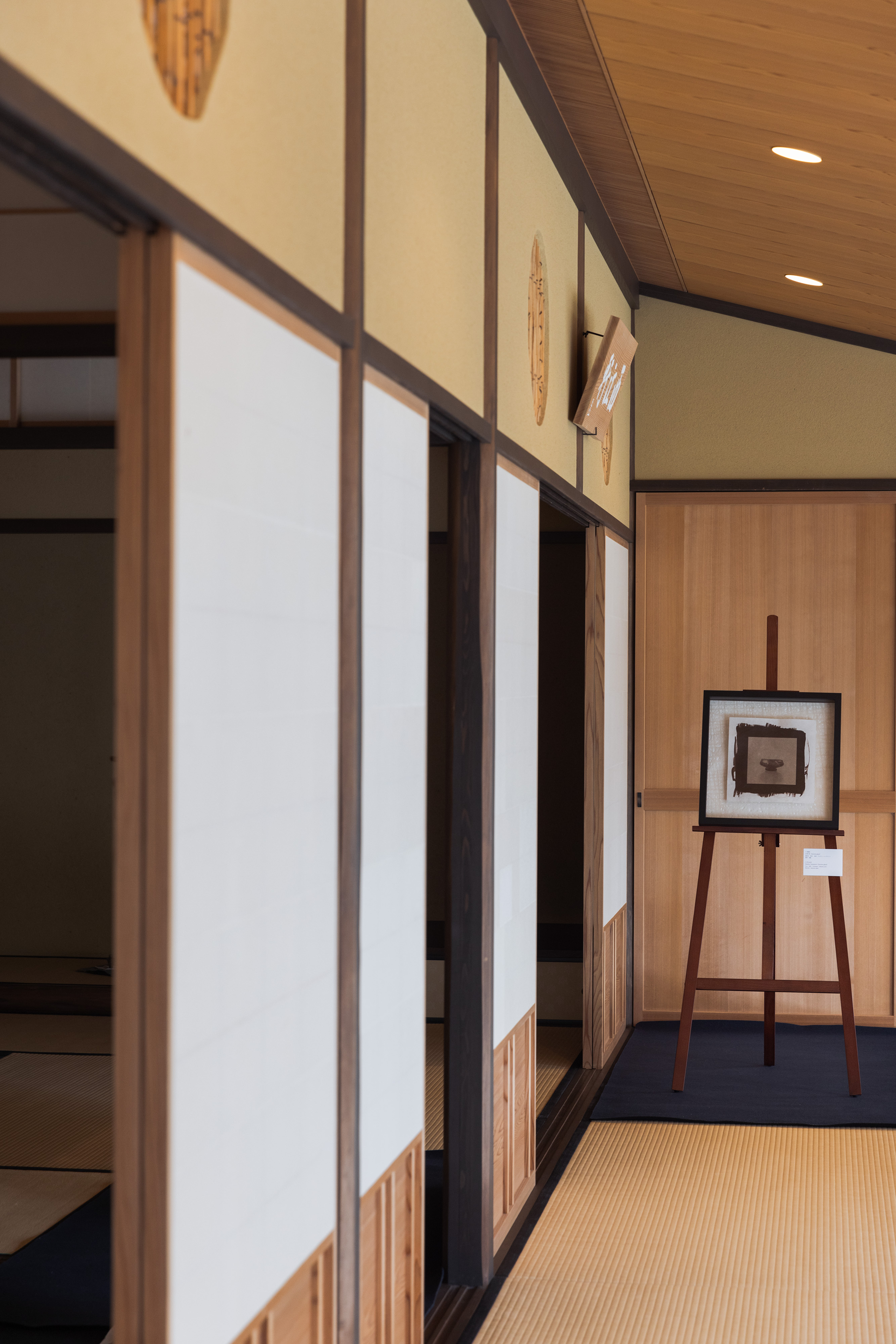
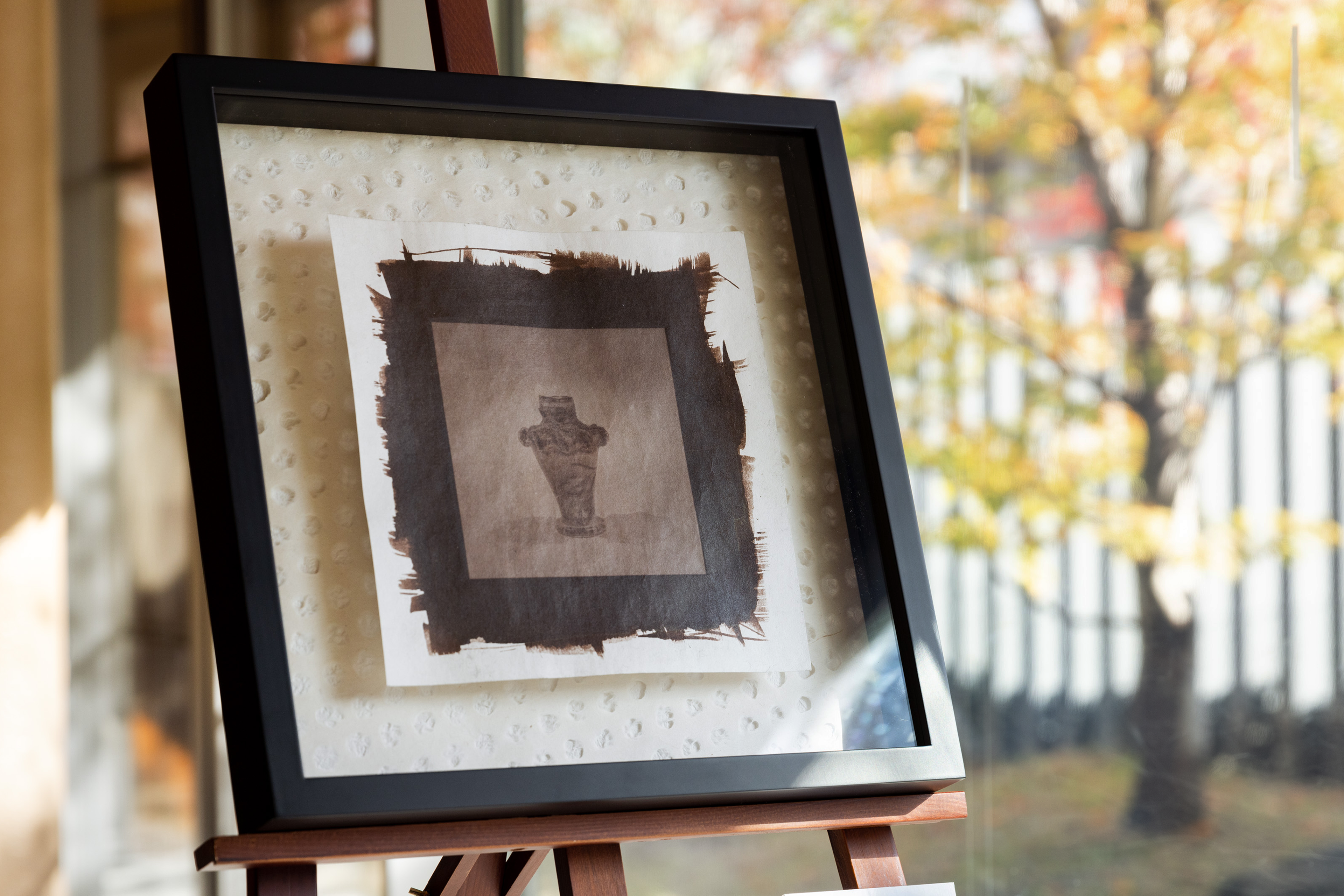
侘び寂び / Wabi Sabi
—
"侘び寂び / Wabi Sabi" is the exhibition of Japanese paper (和紙/Washi) culture using minato paper (湊紙/Minatogami) in the Japanese tearoom (茶室/chashitu).
—
Location : さかい利晶の杜 / Sakai Plaza of Rikyu and Akiko is located at the in Sakai-city, Osaka, Japan.
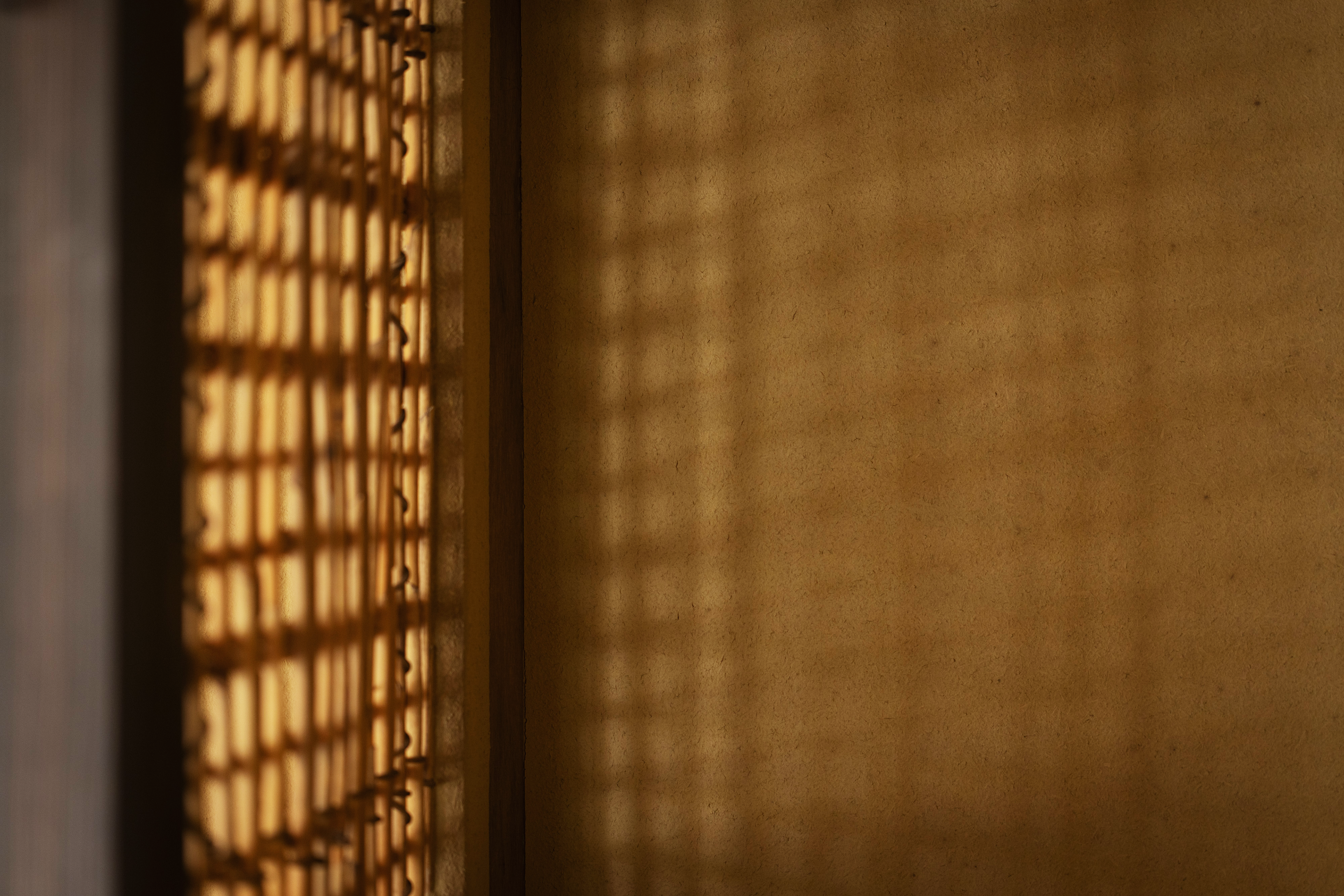
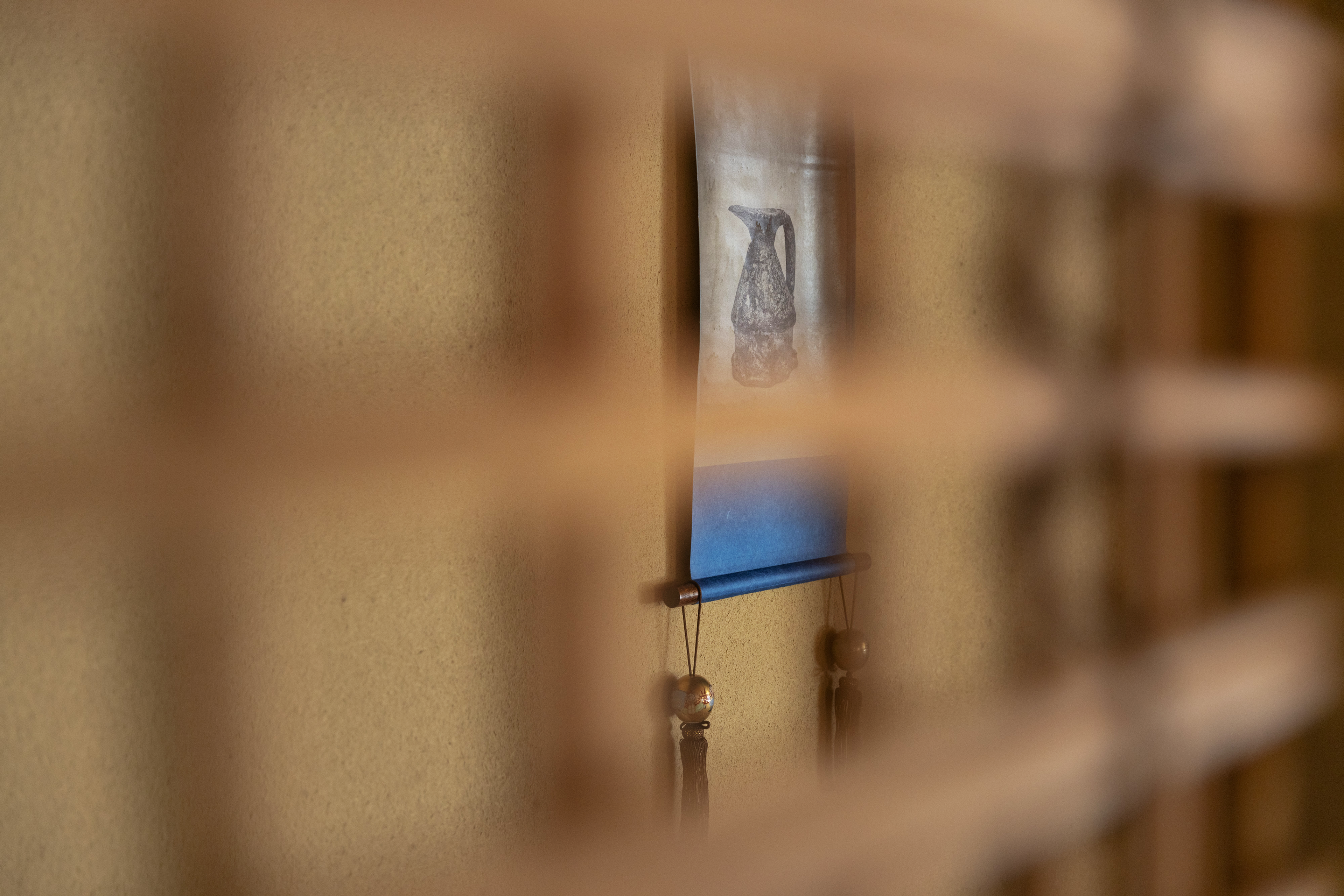
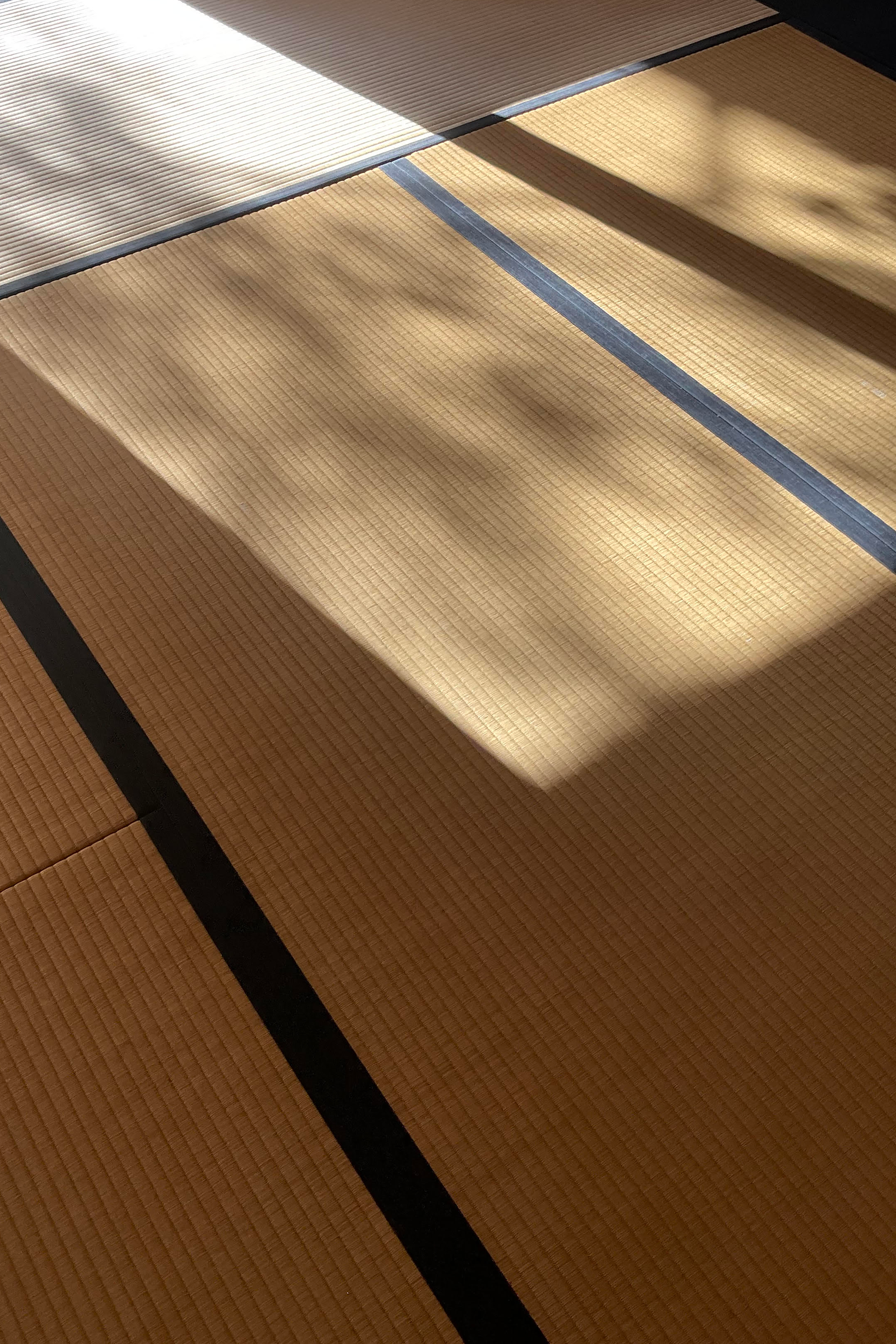
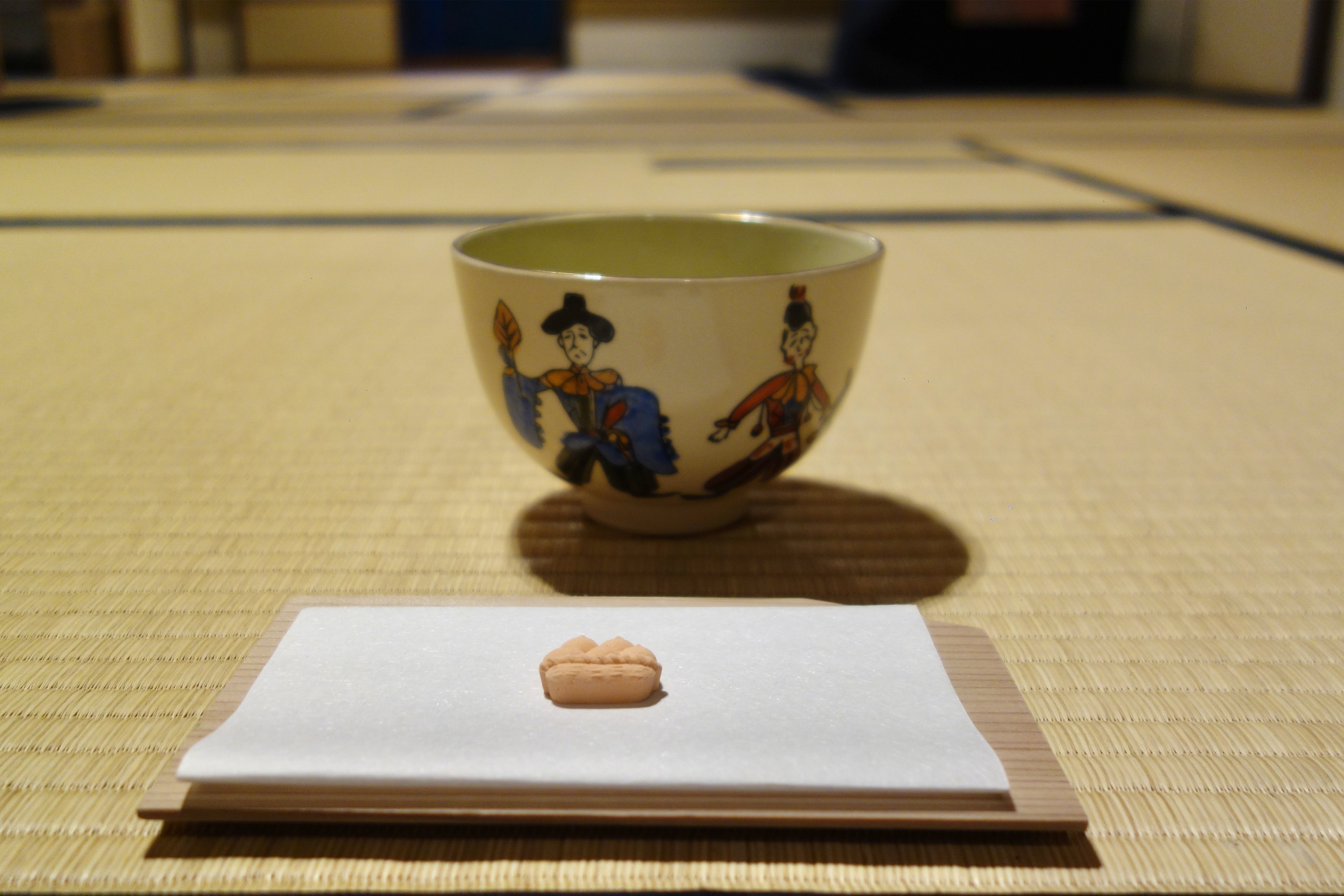
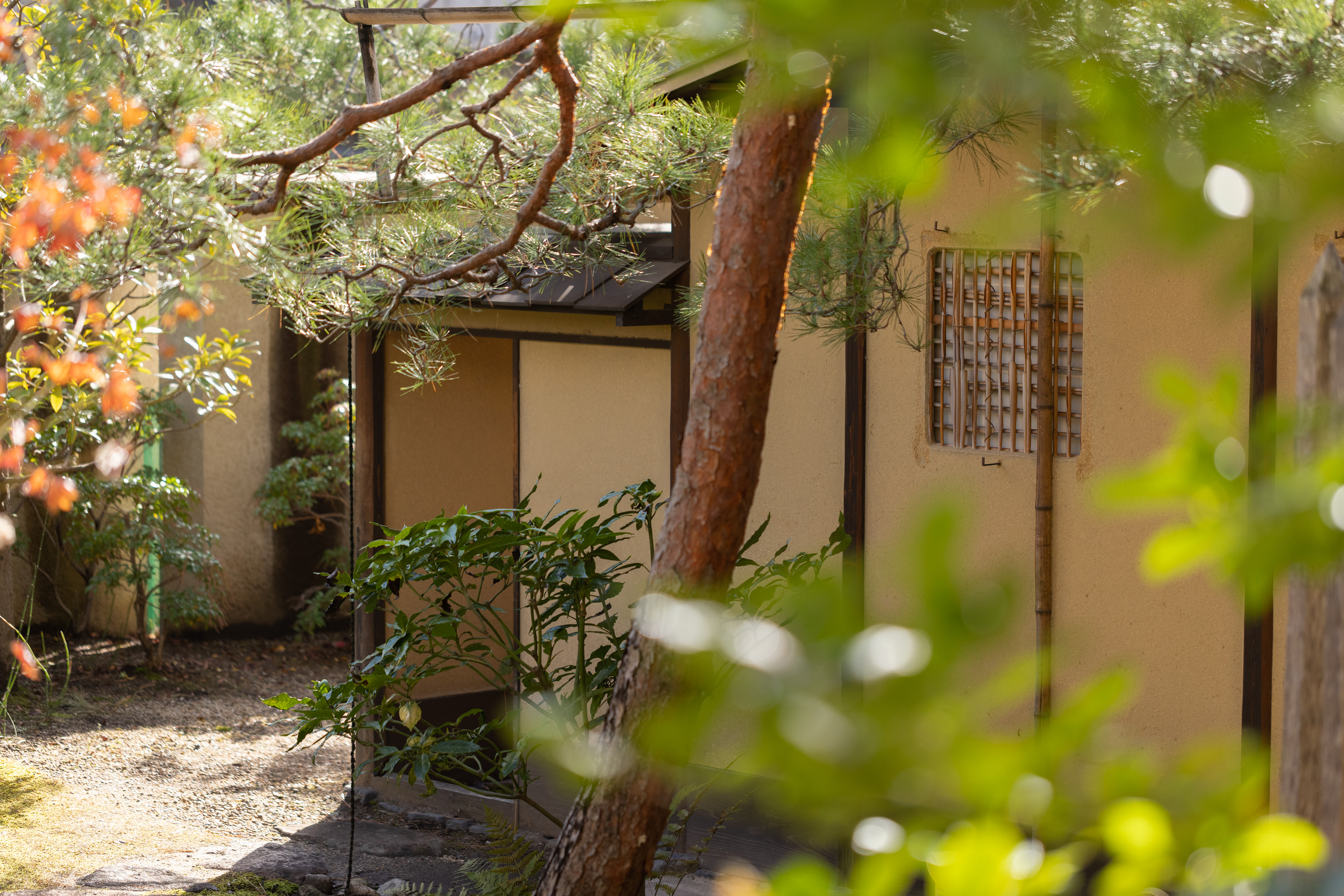
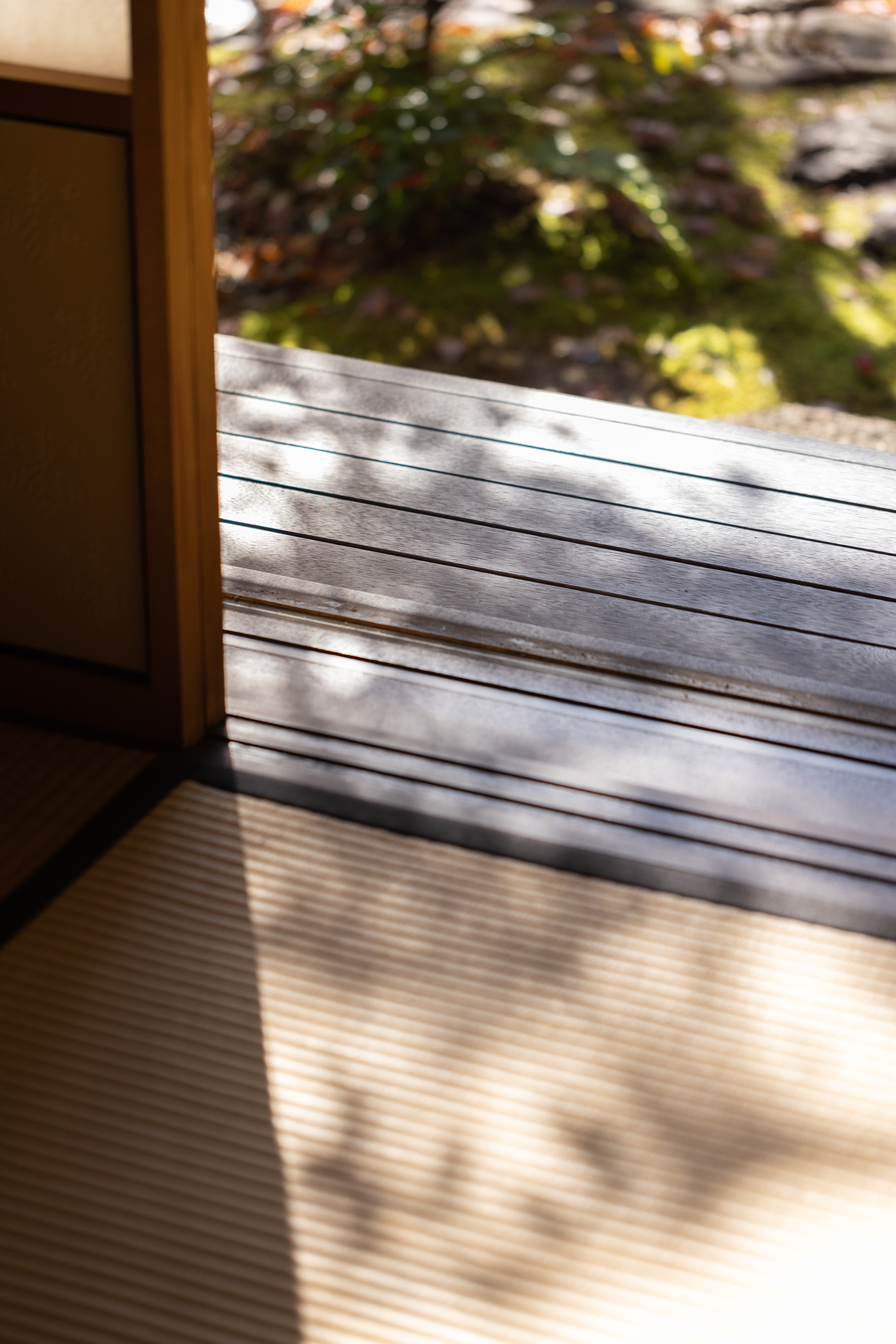
Hashilaboratory (Hashira YAMAMOTO / 山本柱)
/ Japanese photographer and researcher
—
Landscape photograph of the silk road in the various countries of Eurasian | Vimeo
A series of Silk Road Journey works by HashiLaboratory that cross the Eurasian continent from Japan to Europe by land only.
Works / HashiLaboratory
Cooperation / Kumiko Wakabayashi
Still photography / Akatsuki-shabou
Curator / Kazuhito Matsumoto
Cooperation / Kumiko Wakabayashi
Still photography / Akatsuki-shabou
Curator / Kazuhito Matsumoto
Fund / FY2022 Sakai city cultural and art activities support subsidy adoption project





